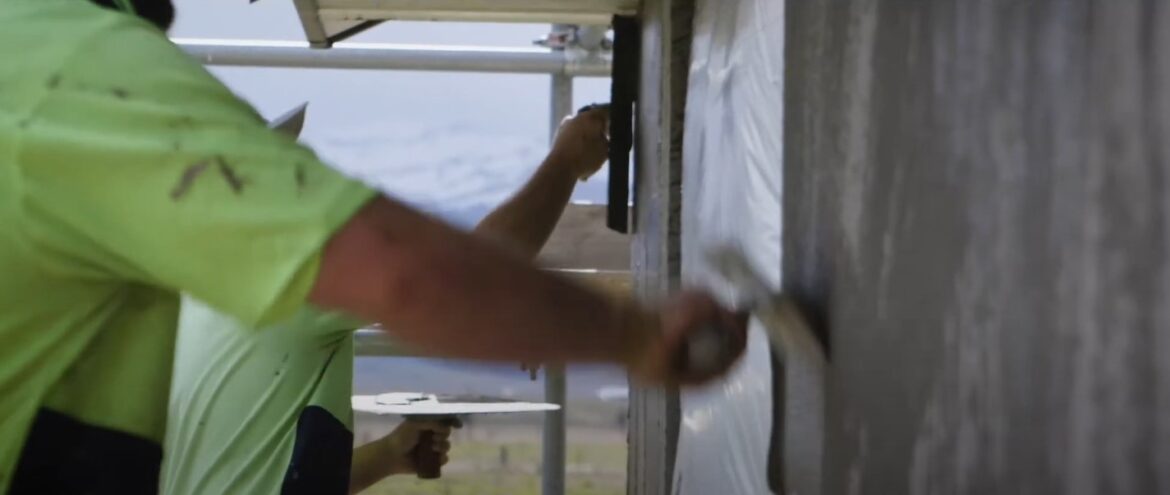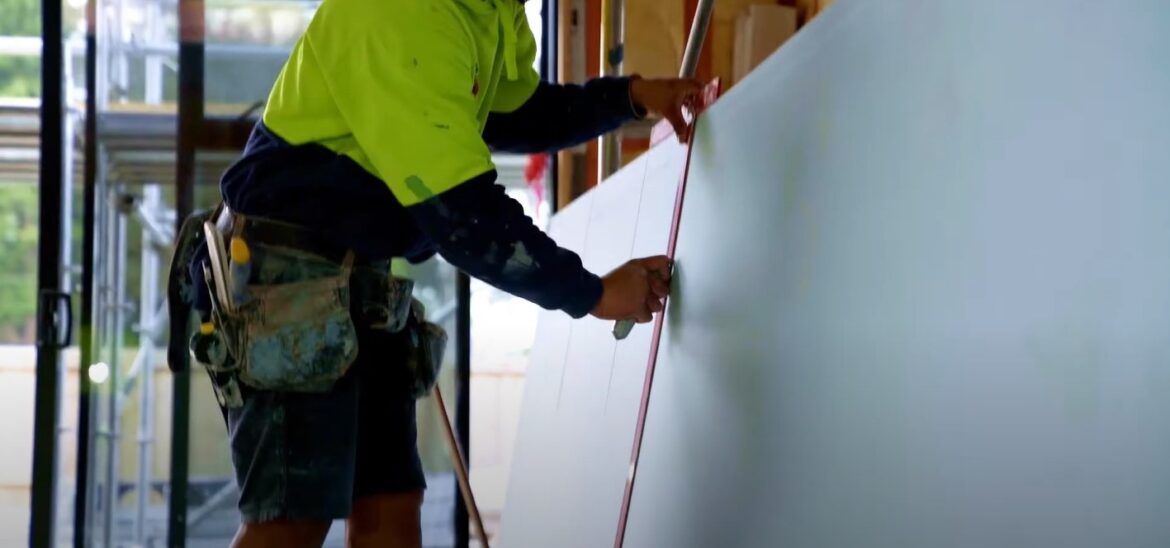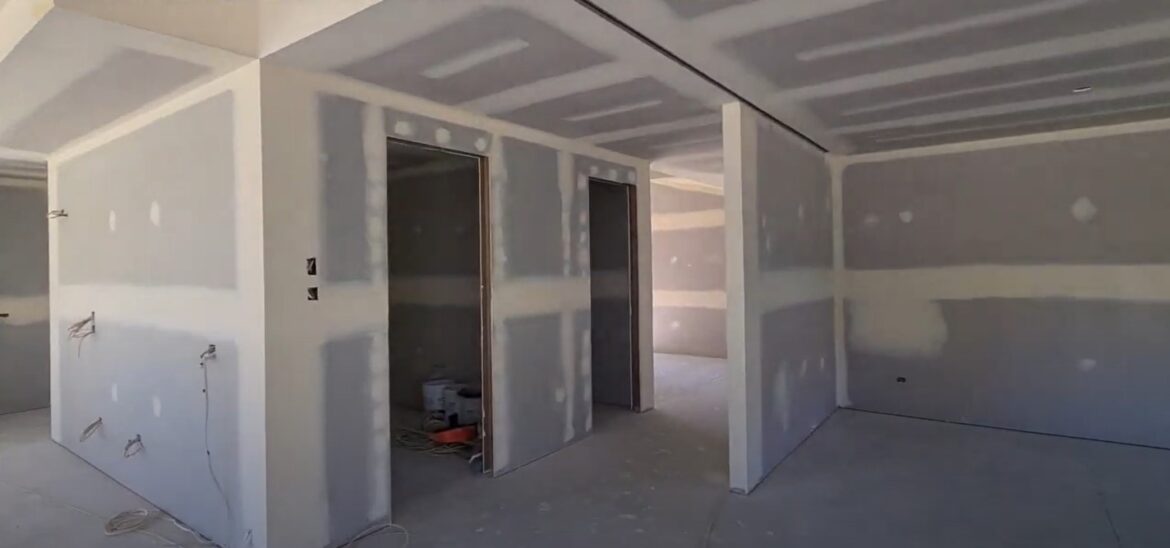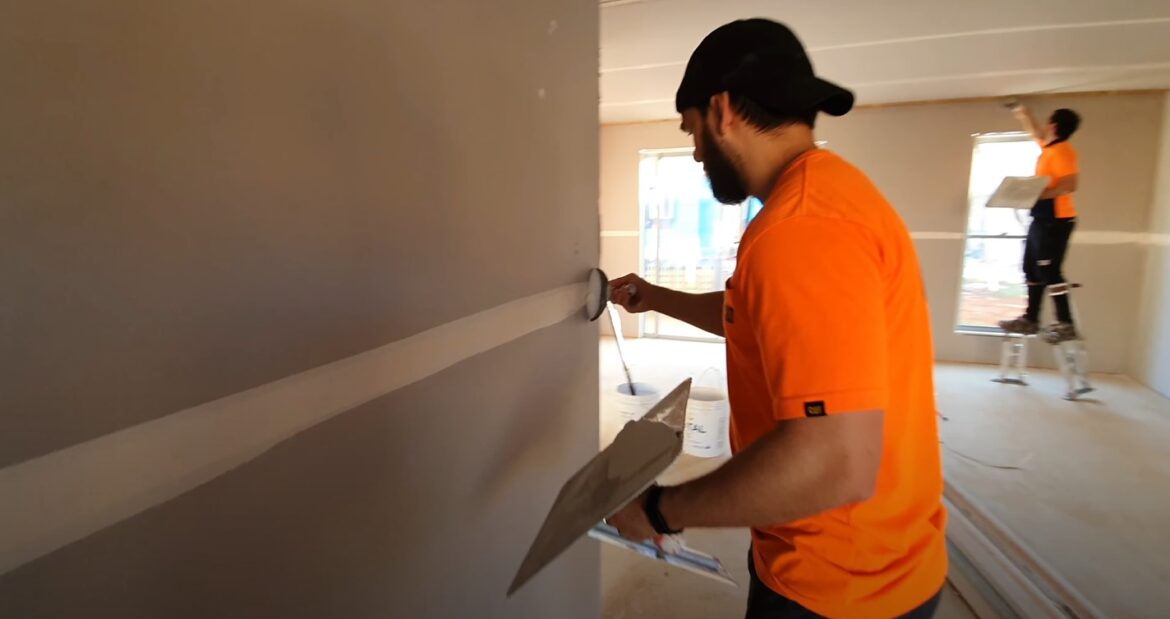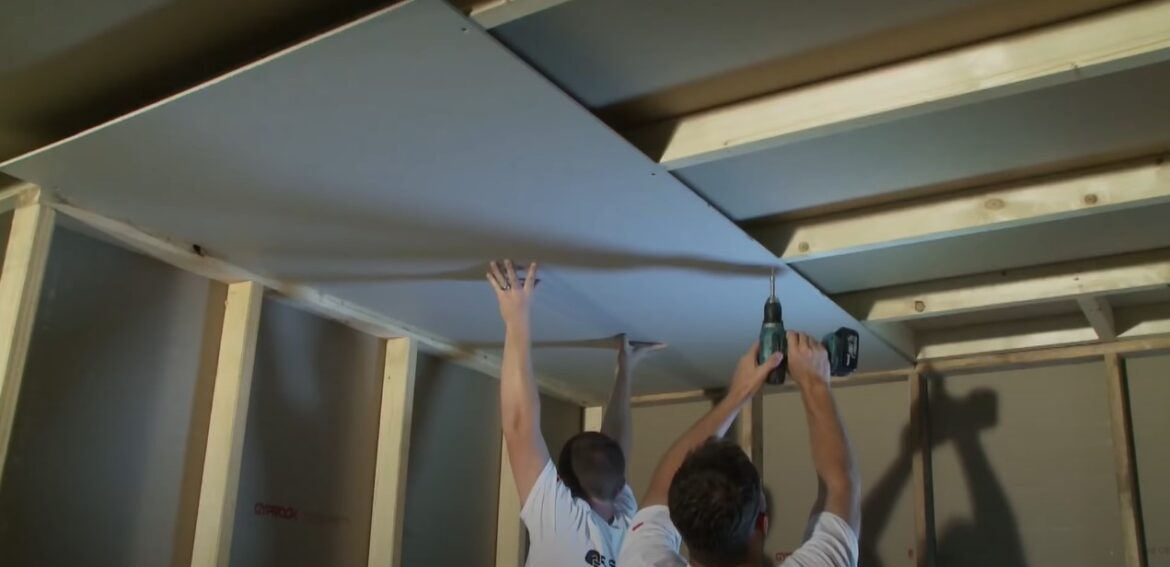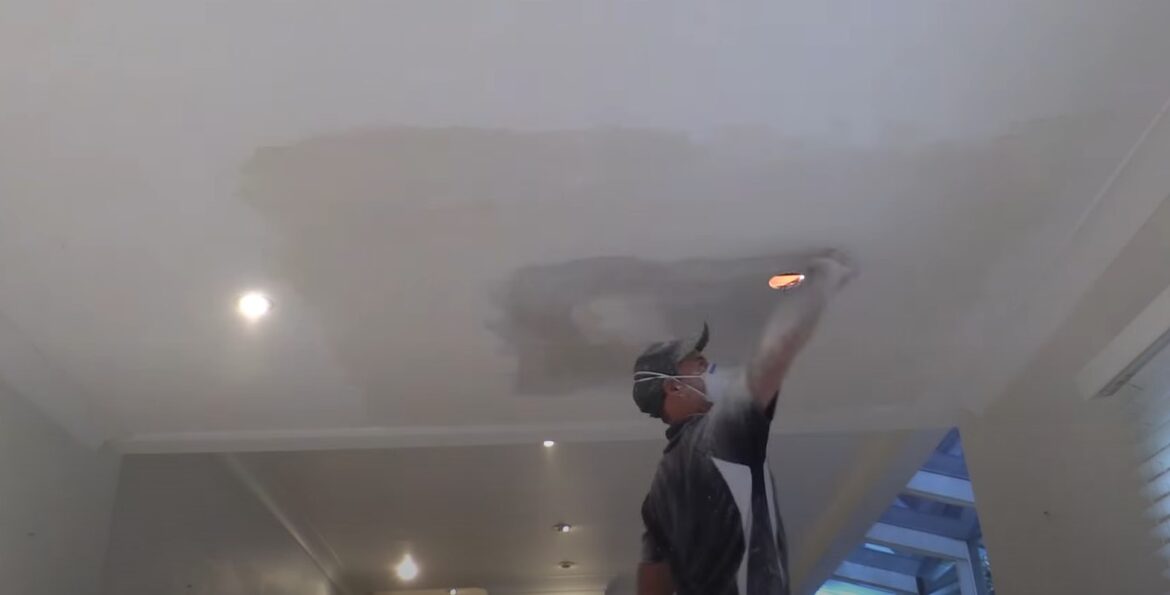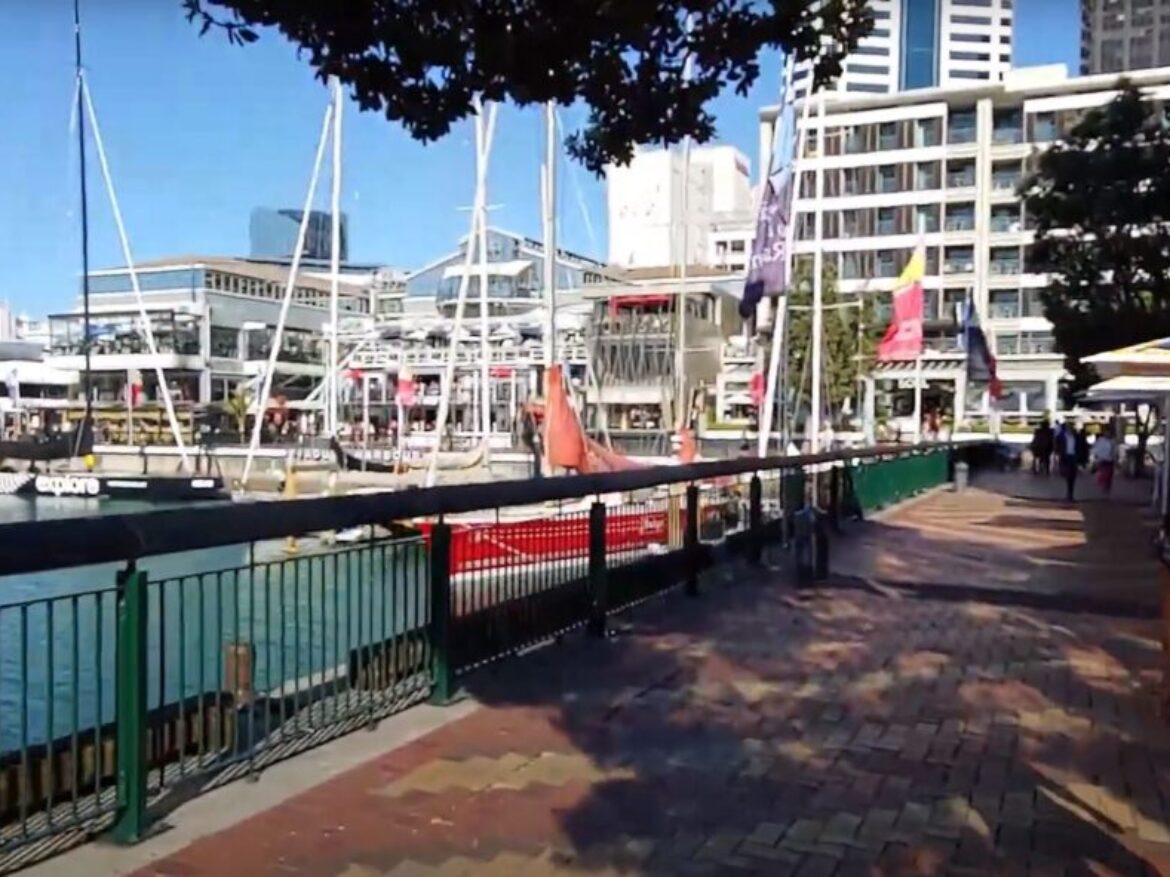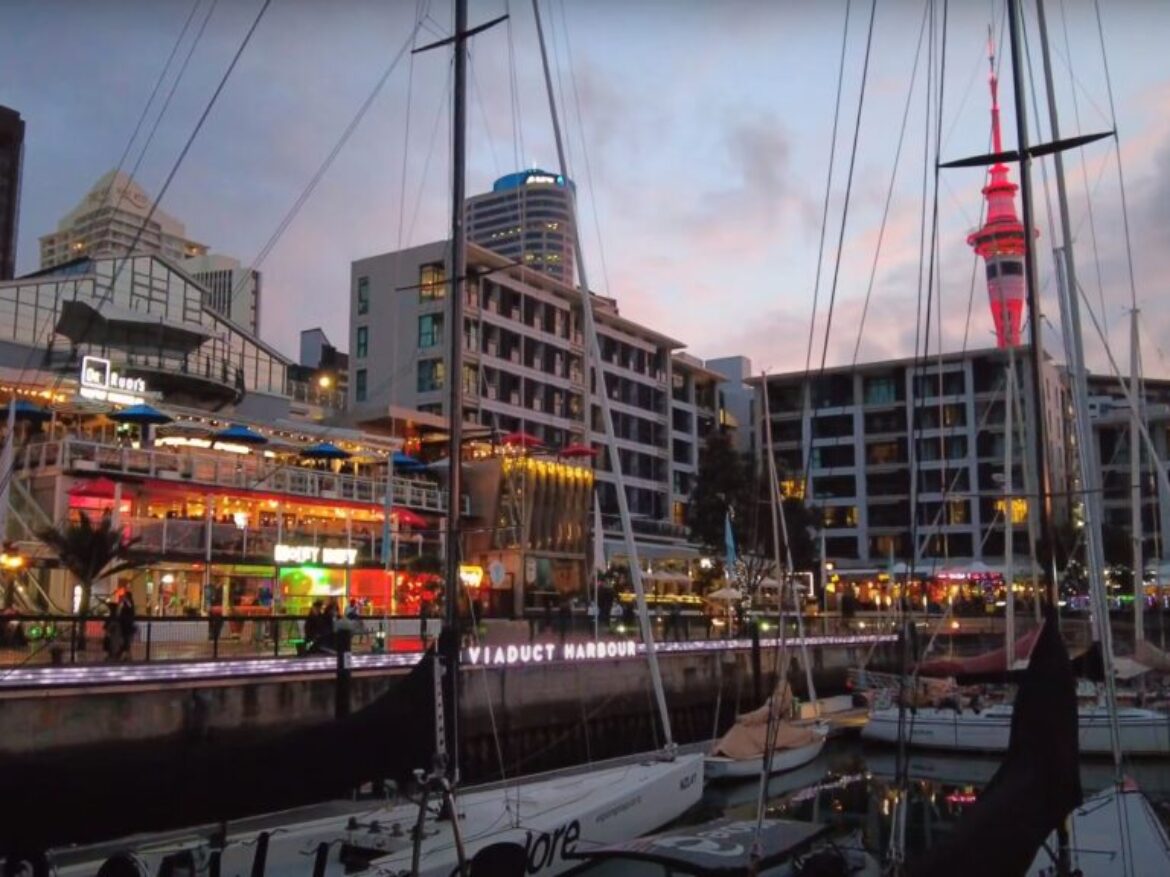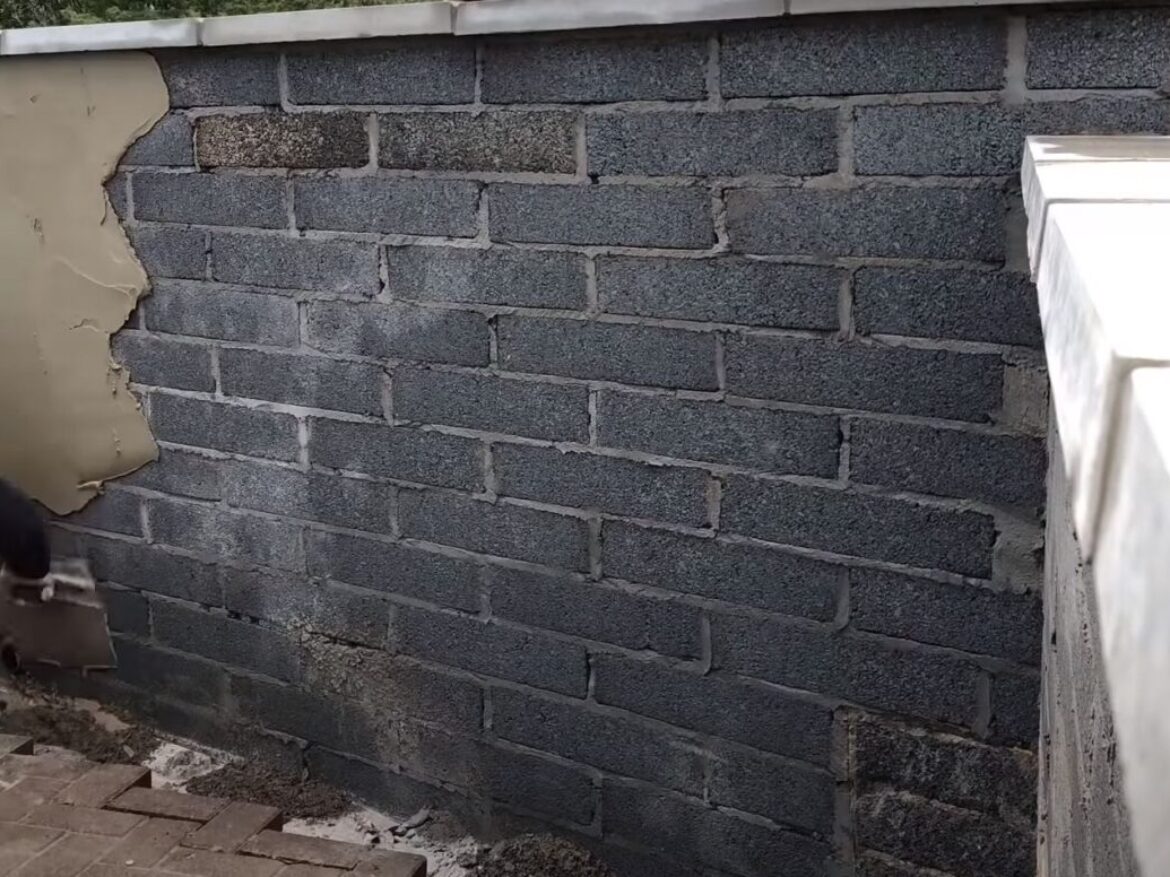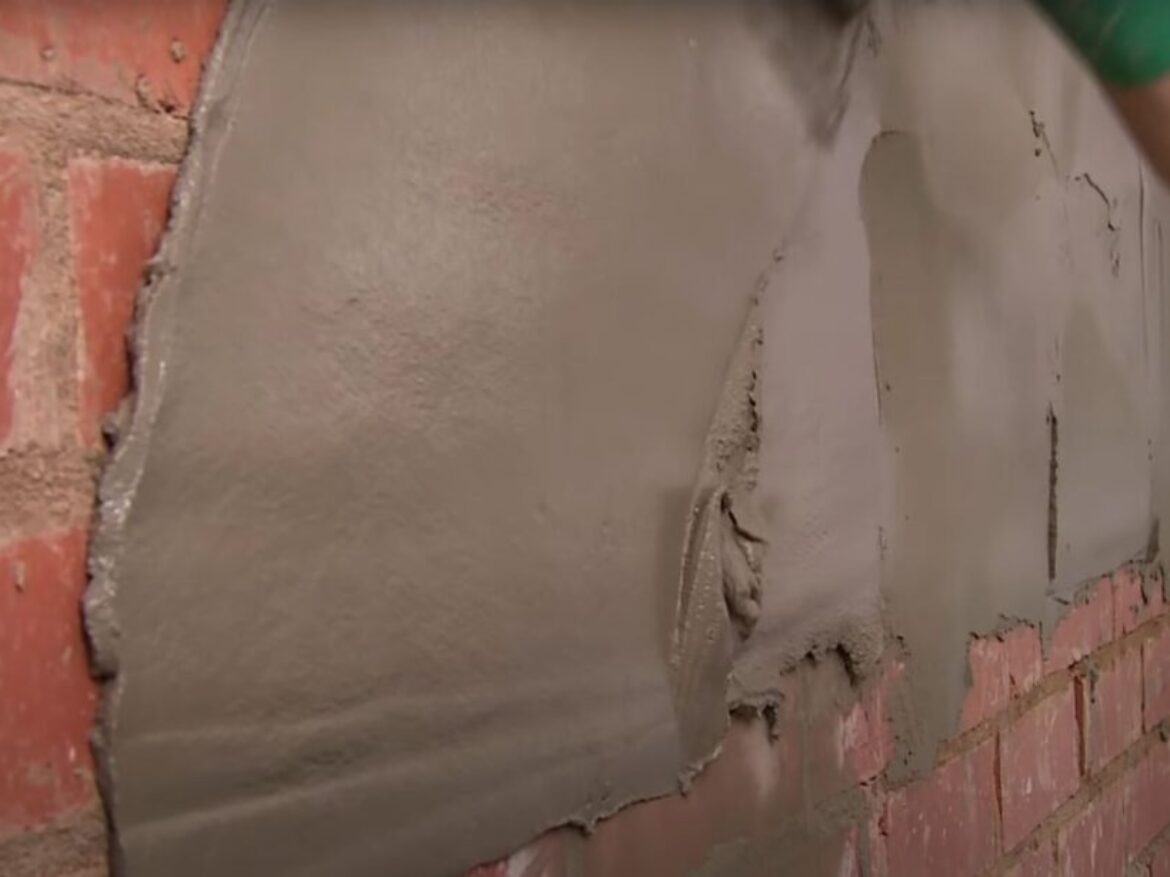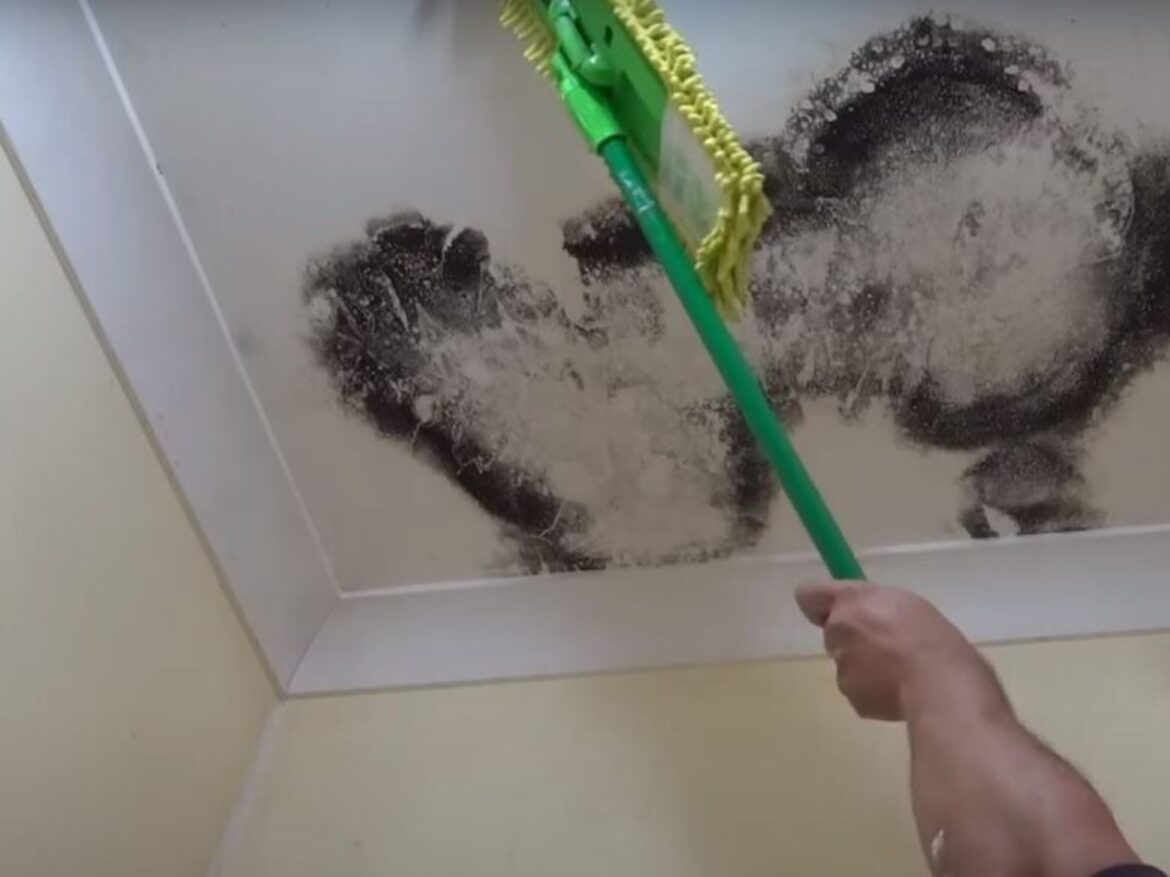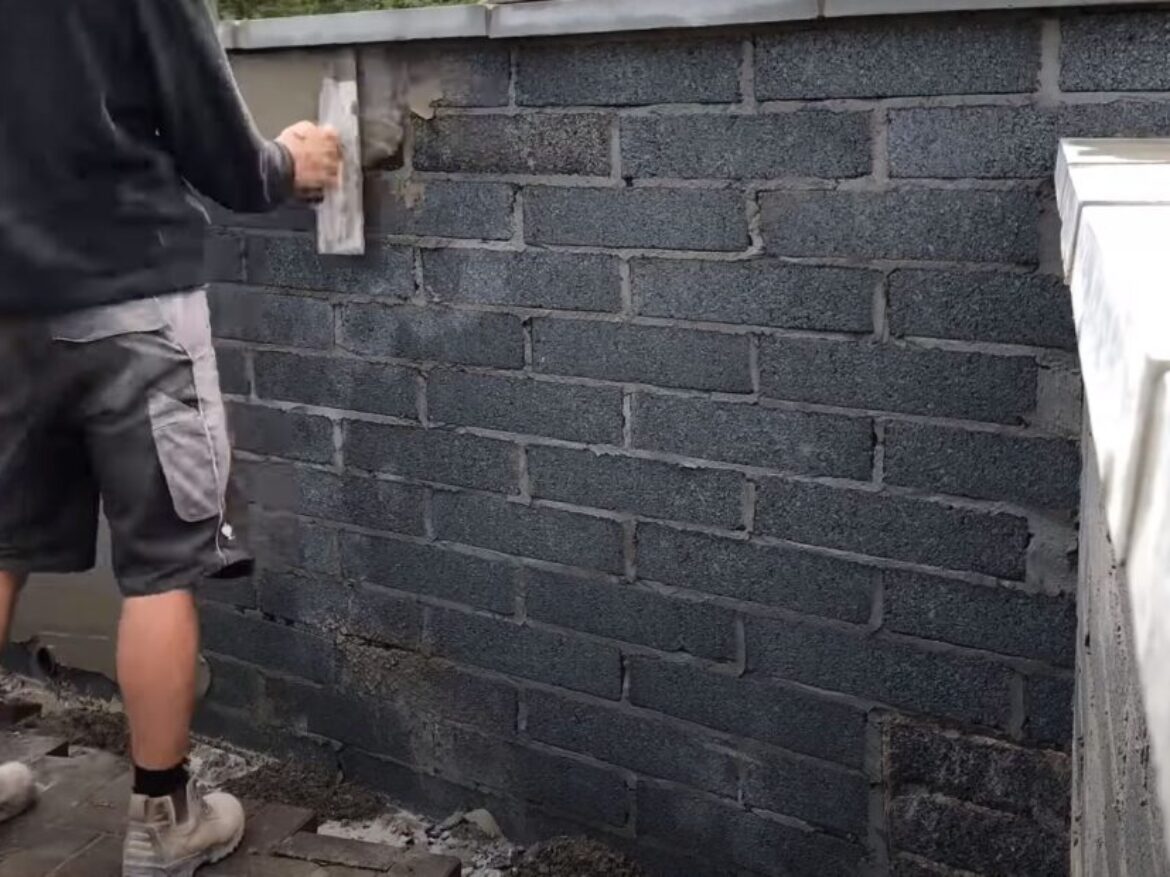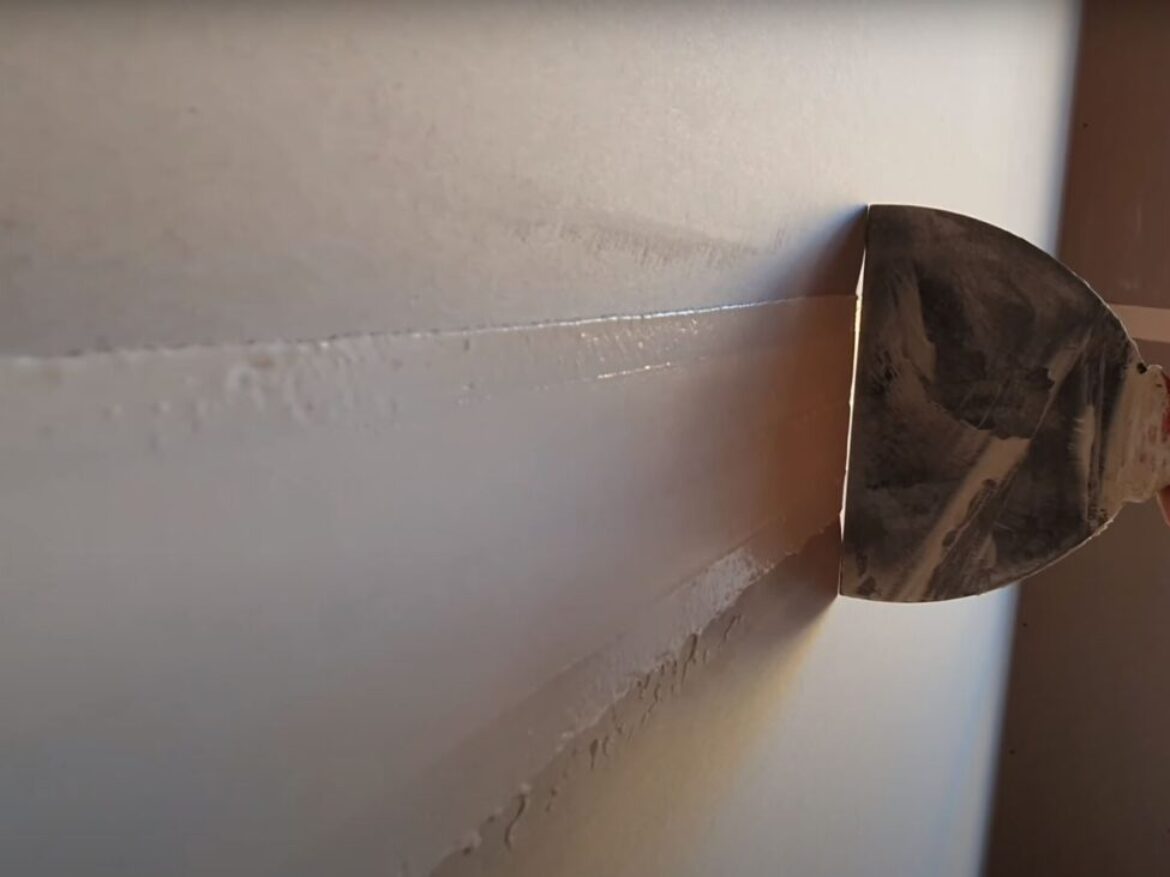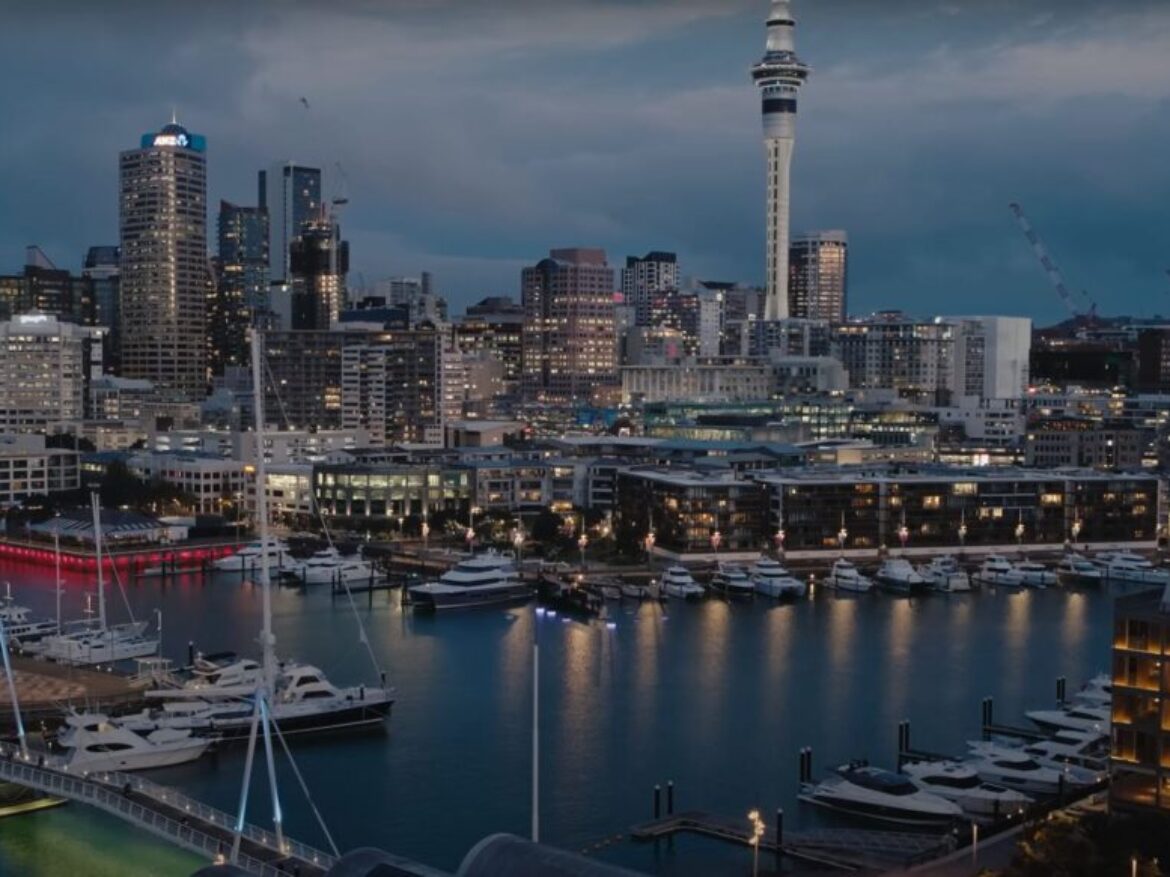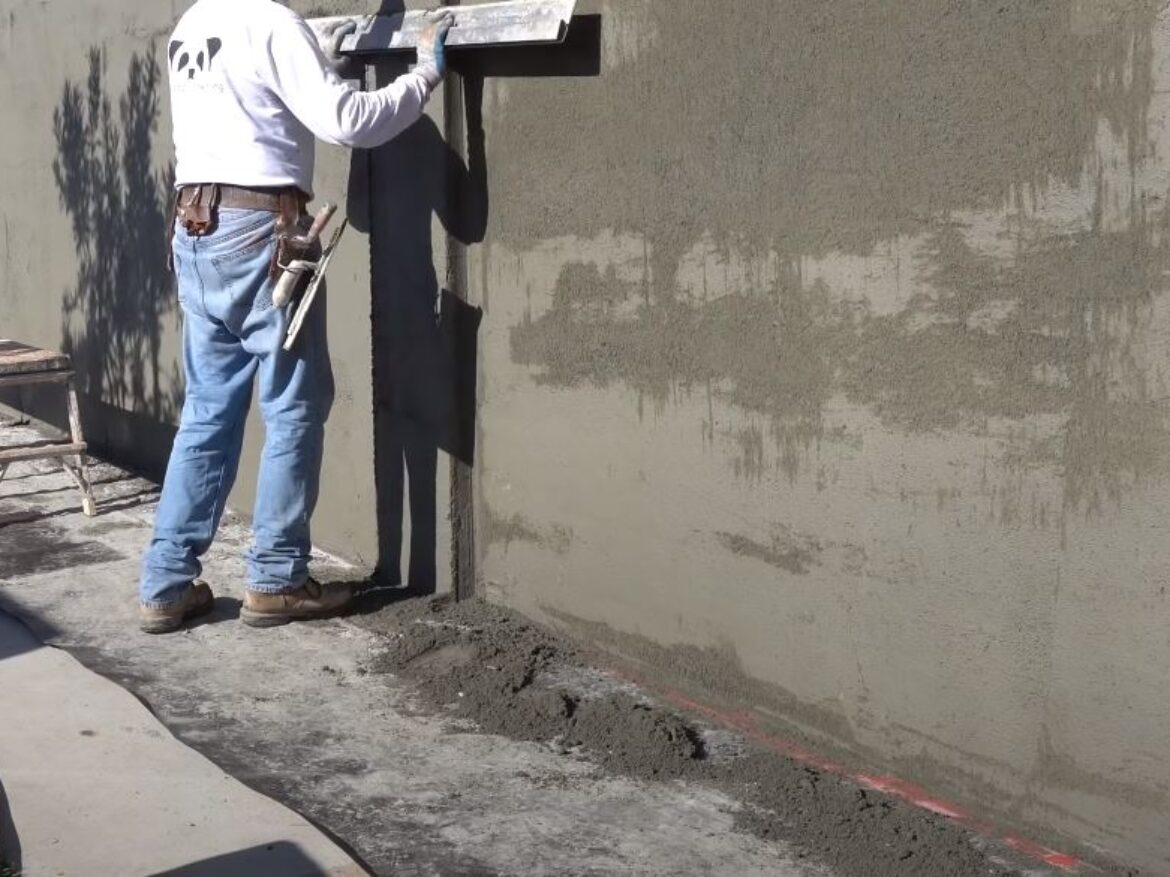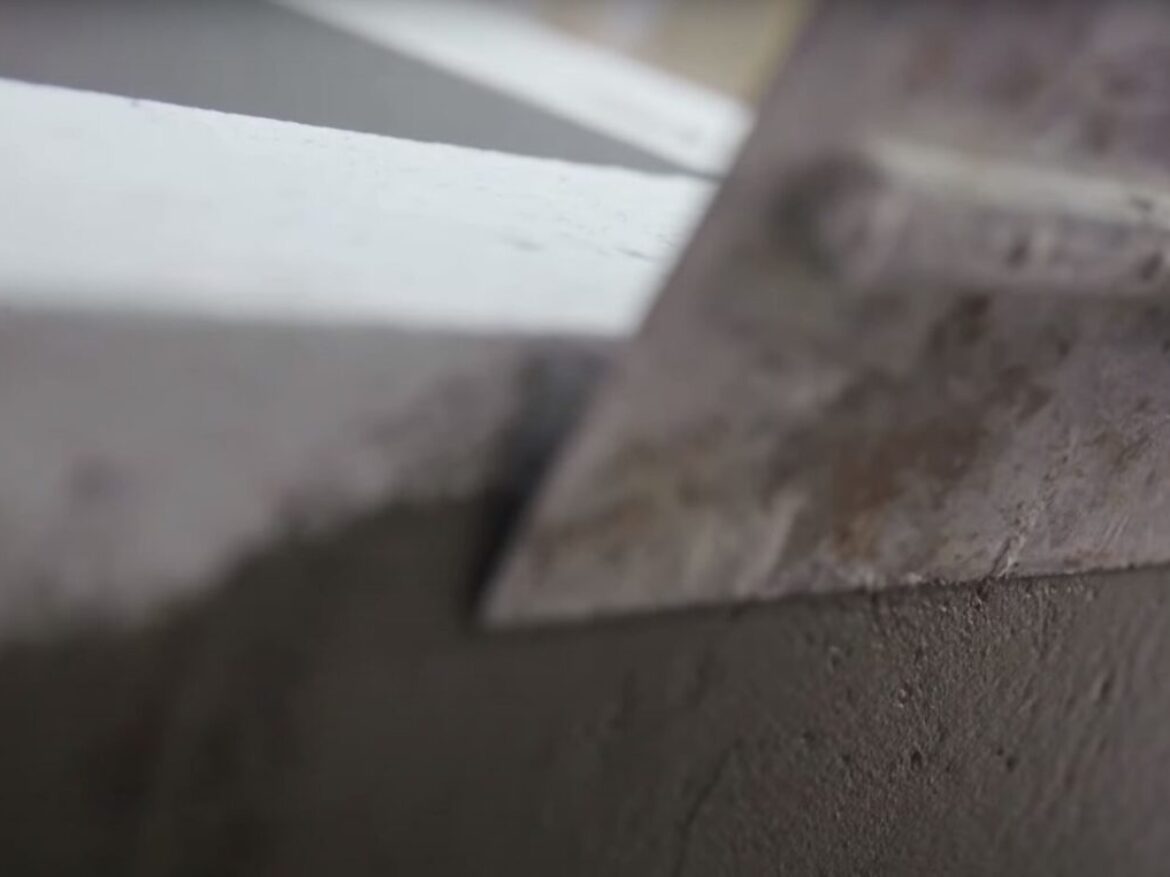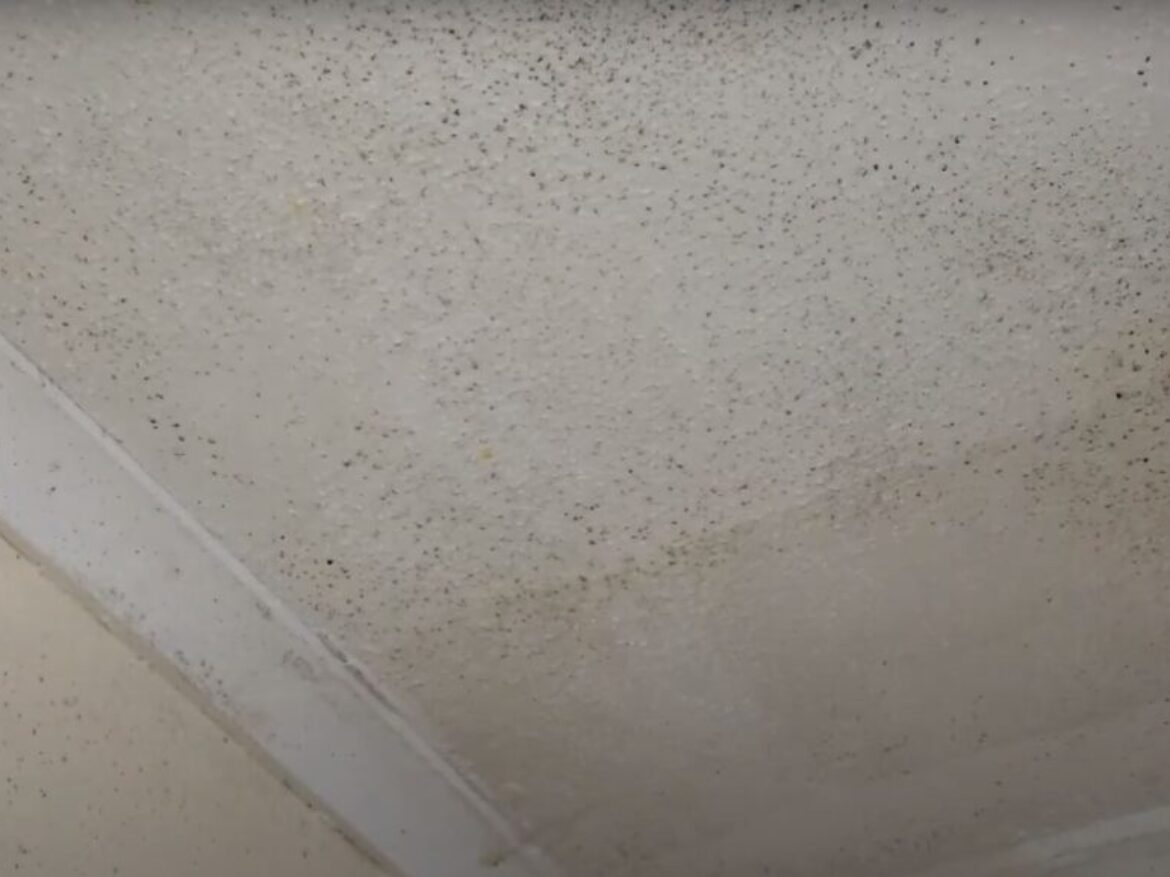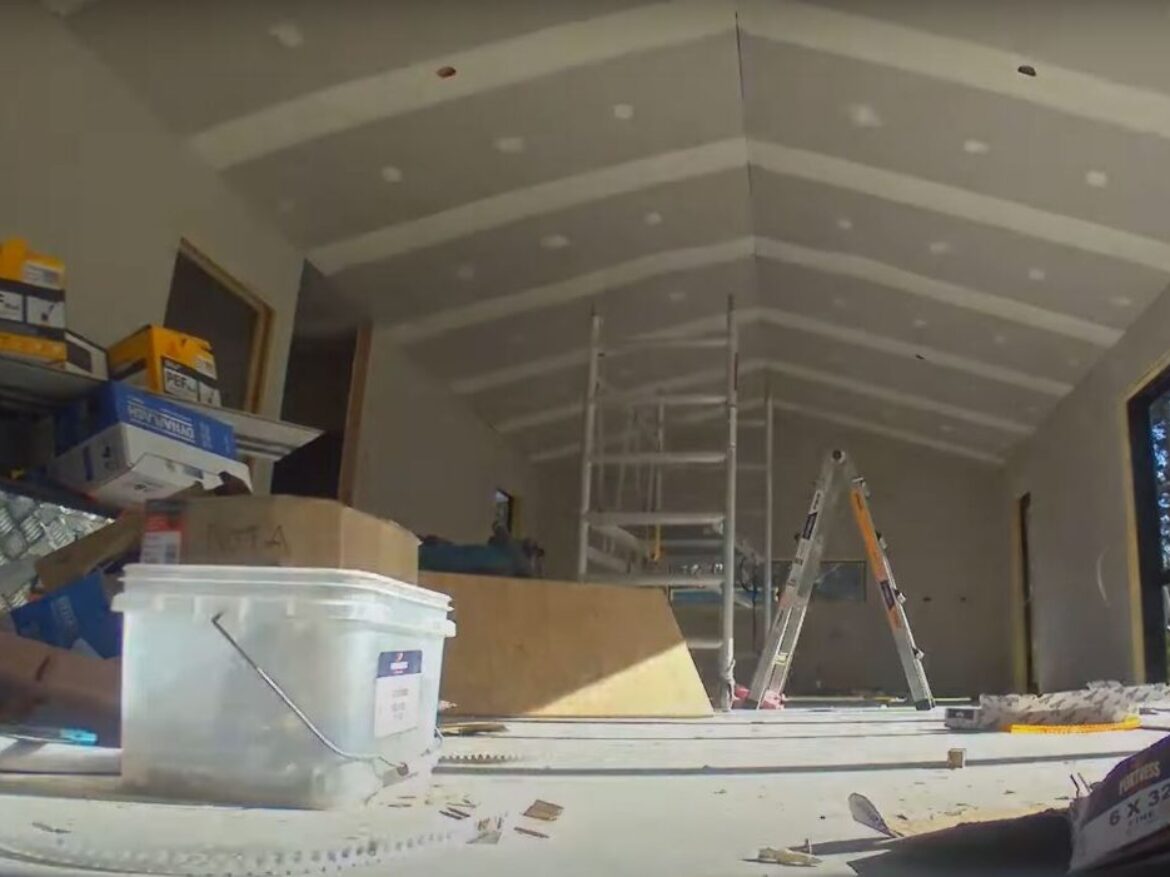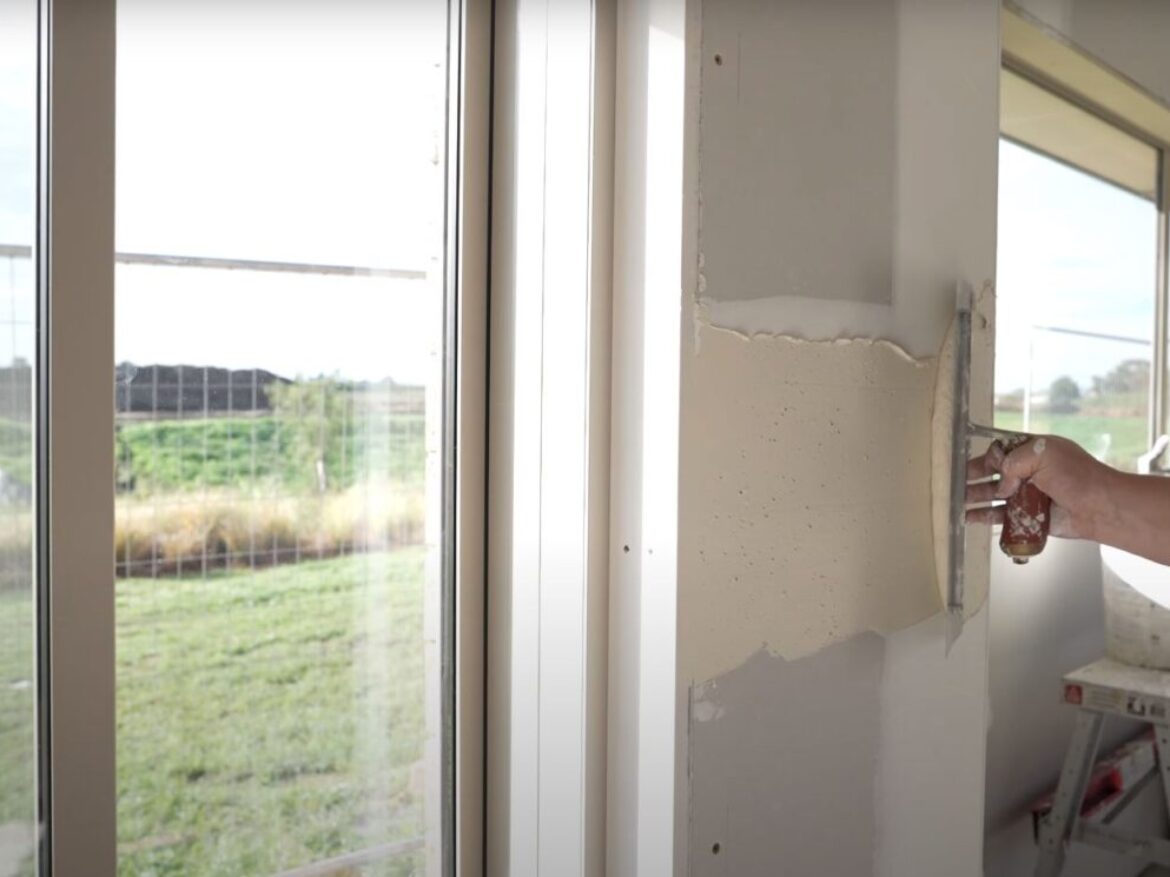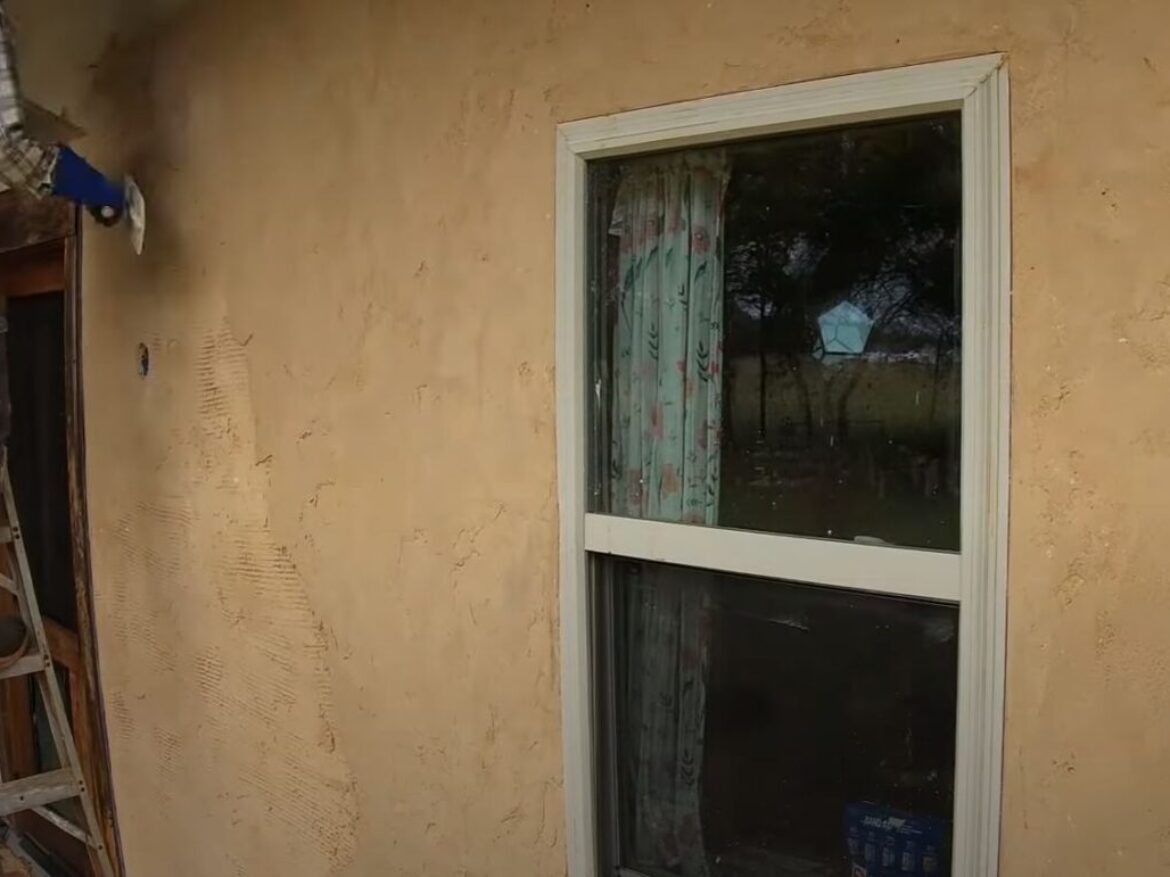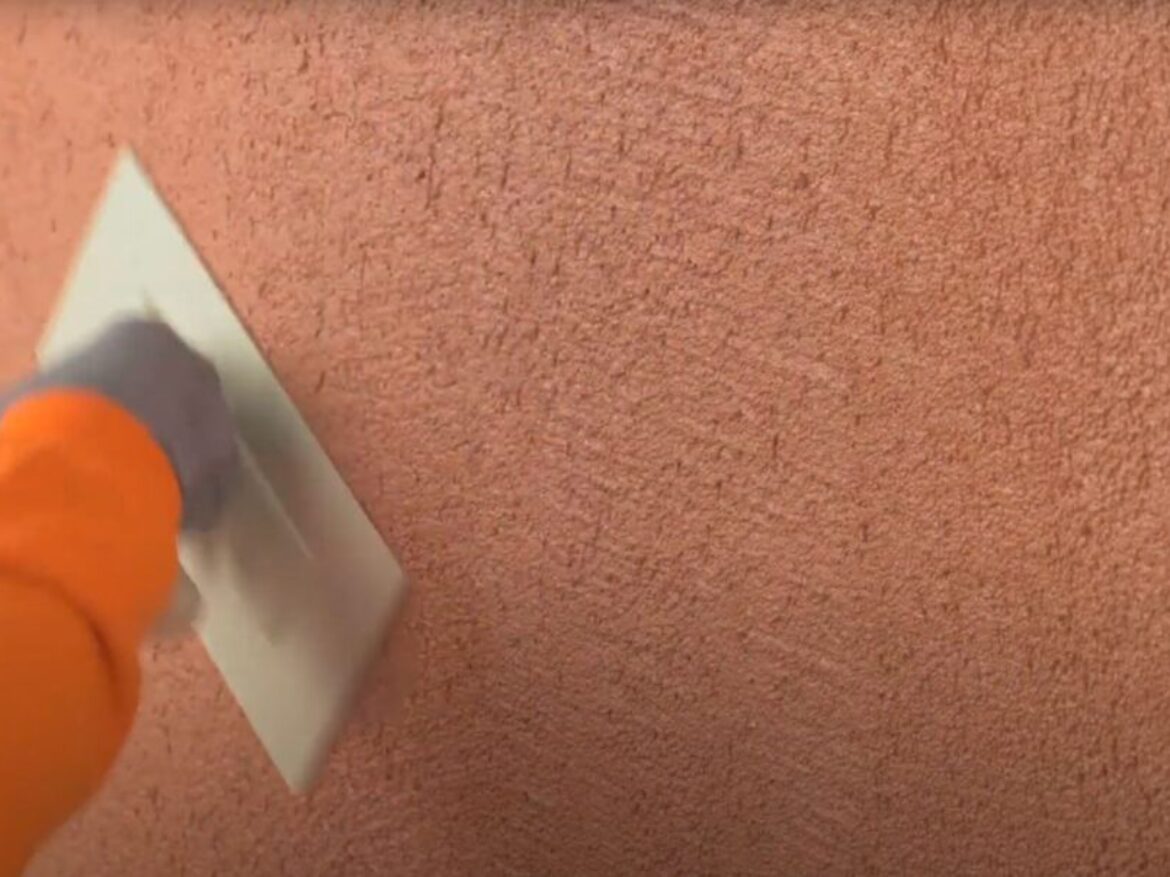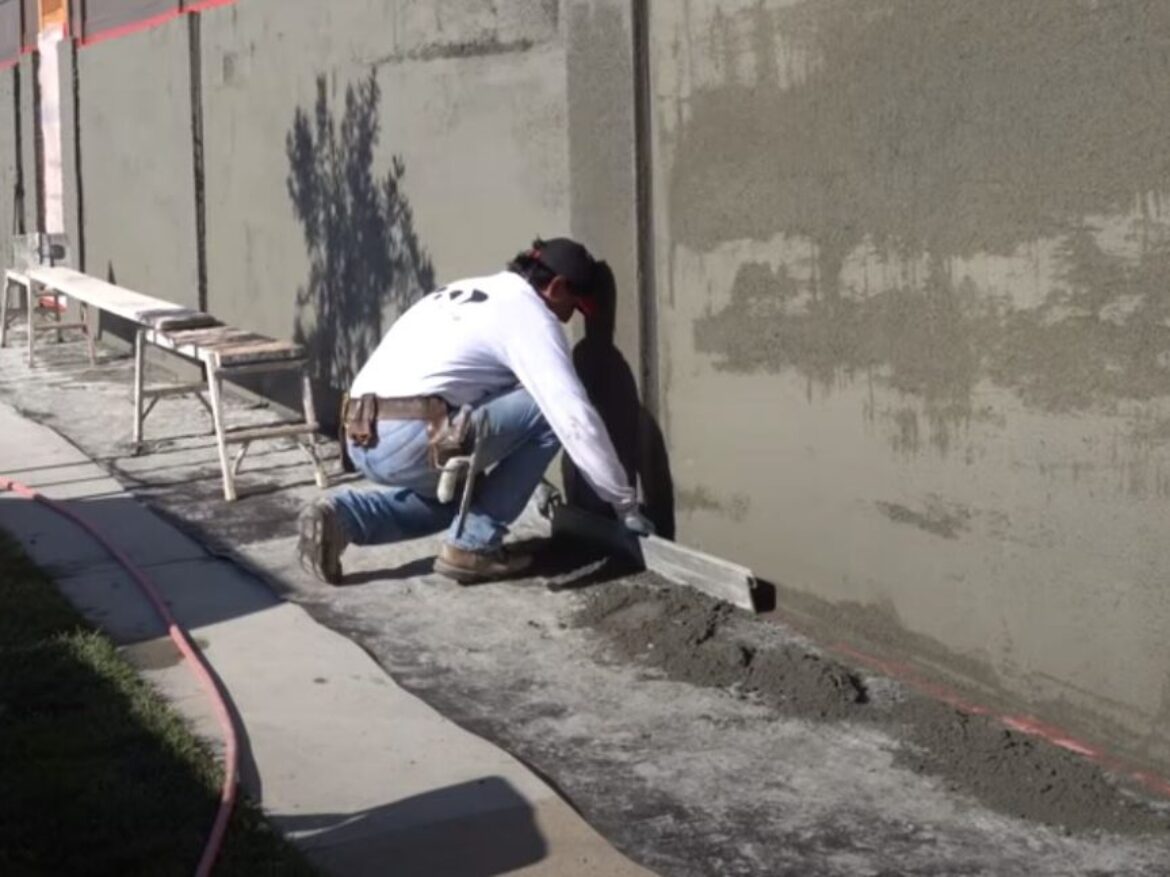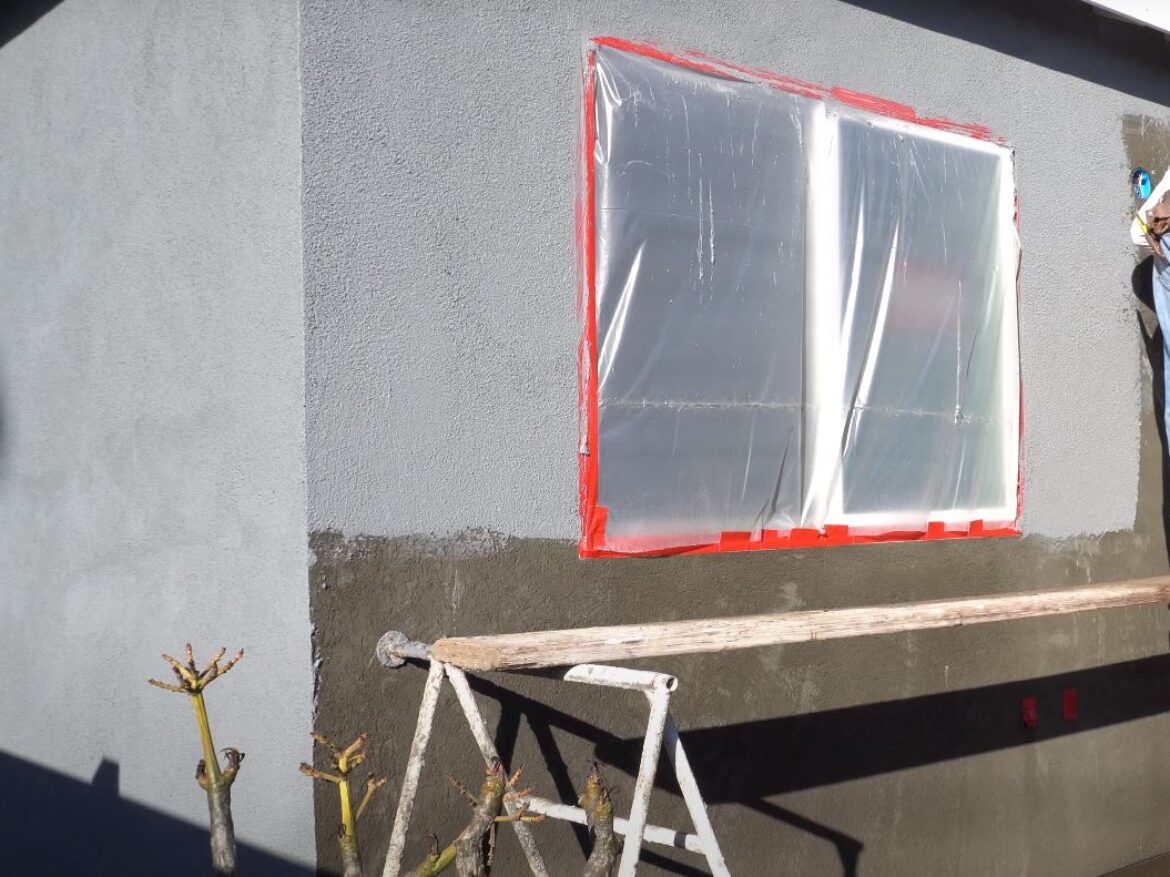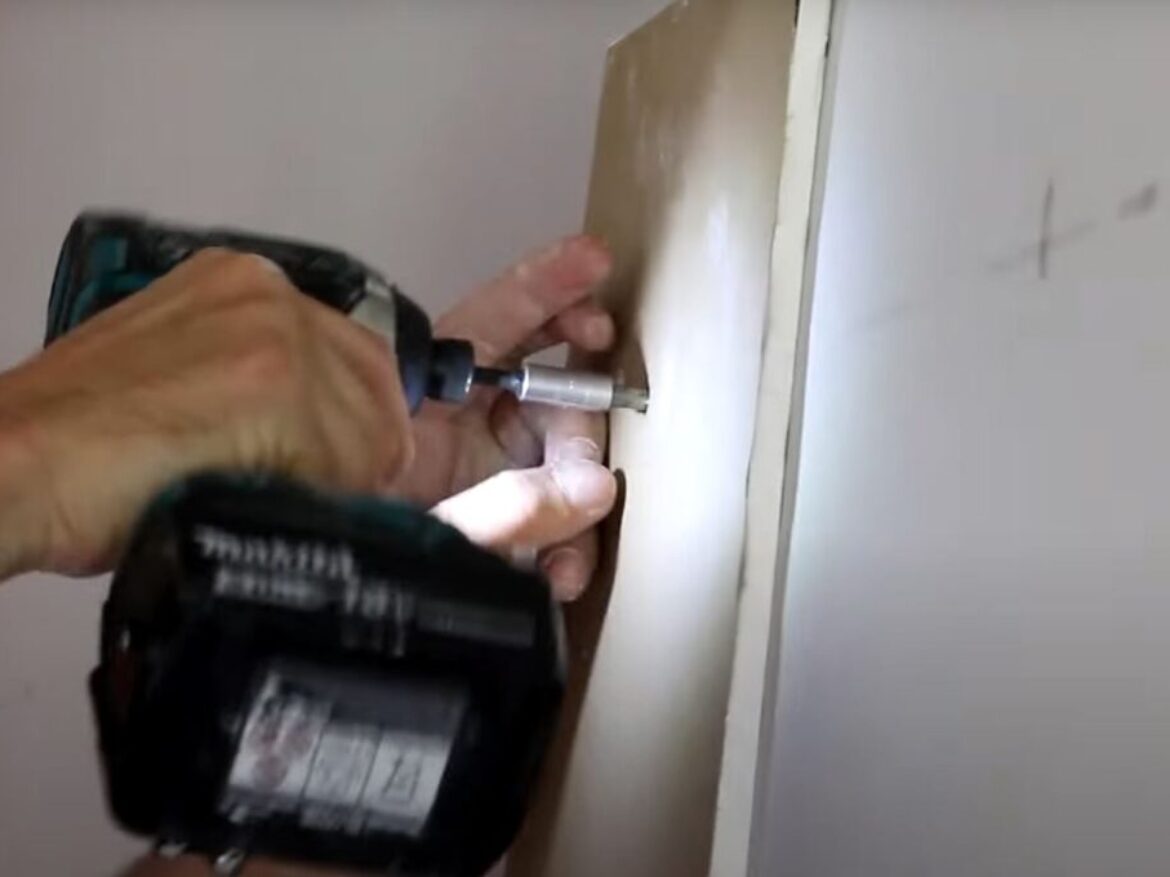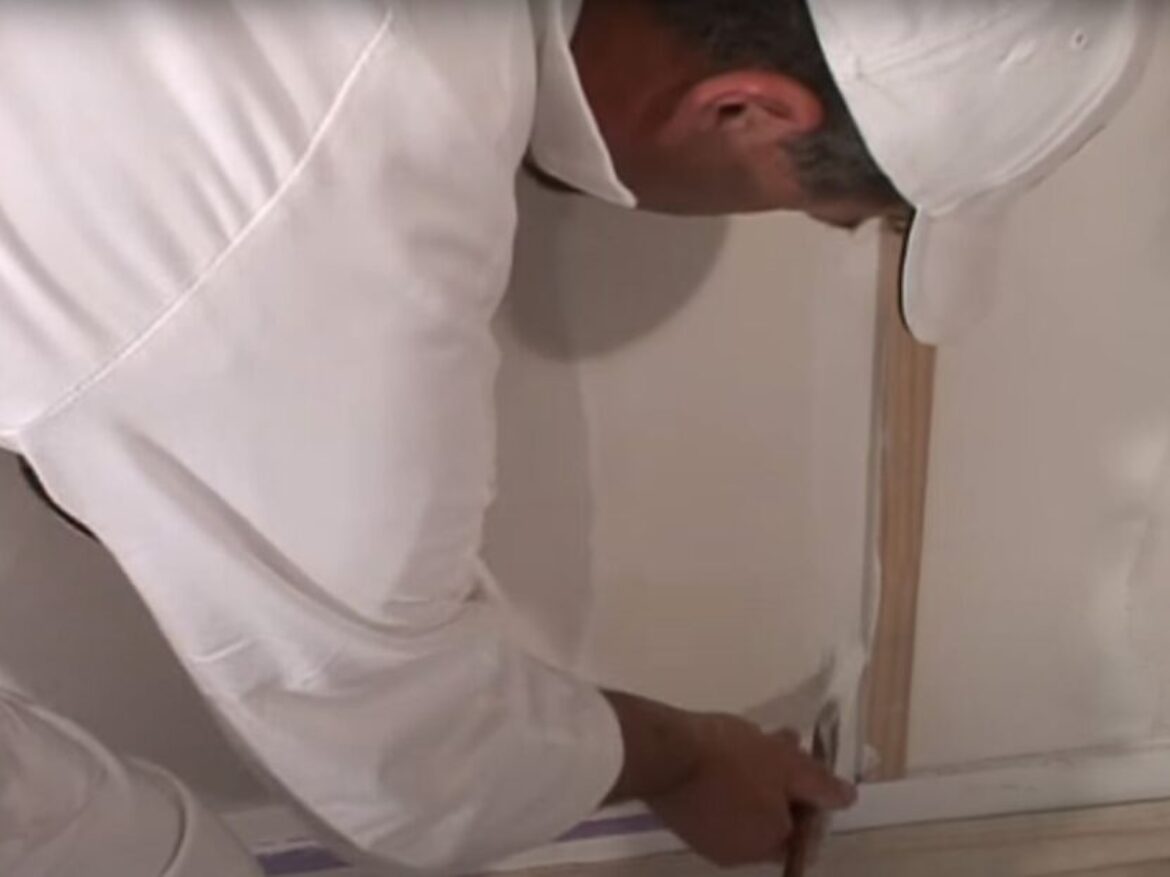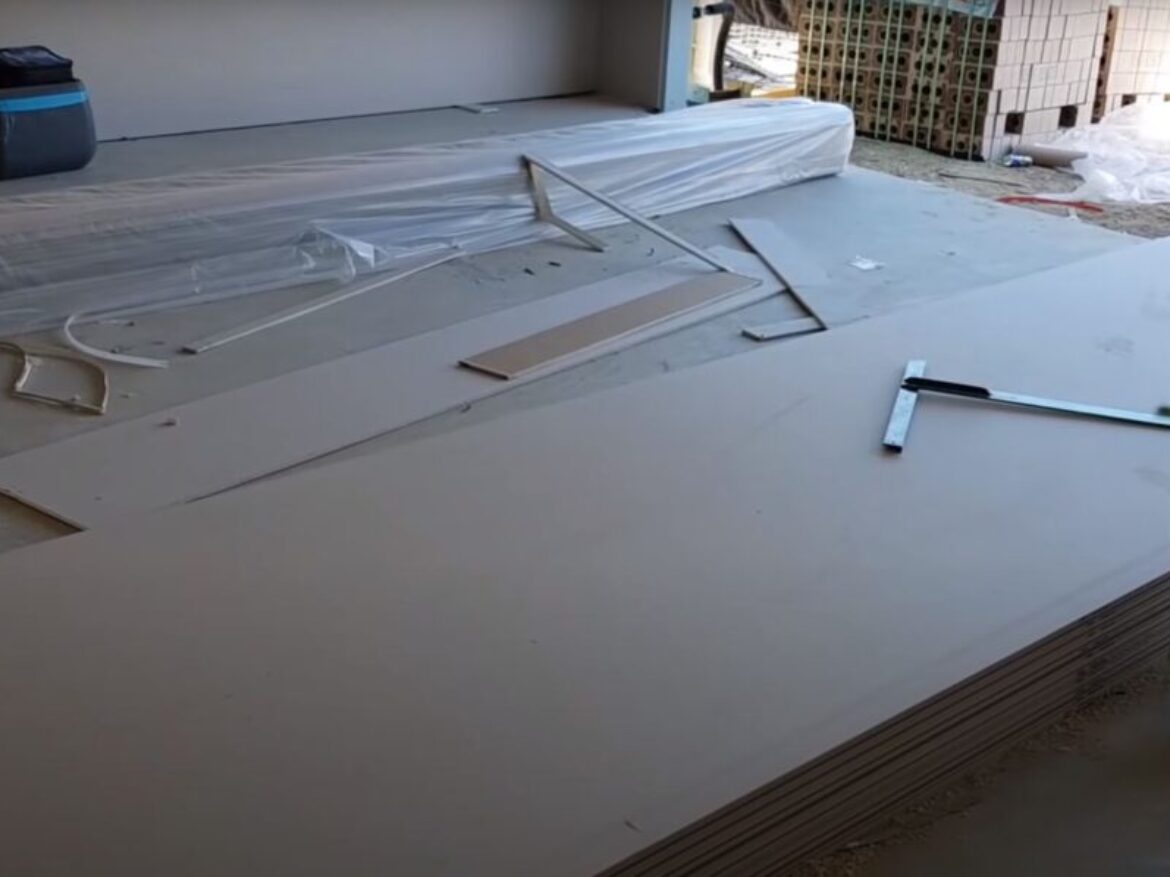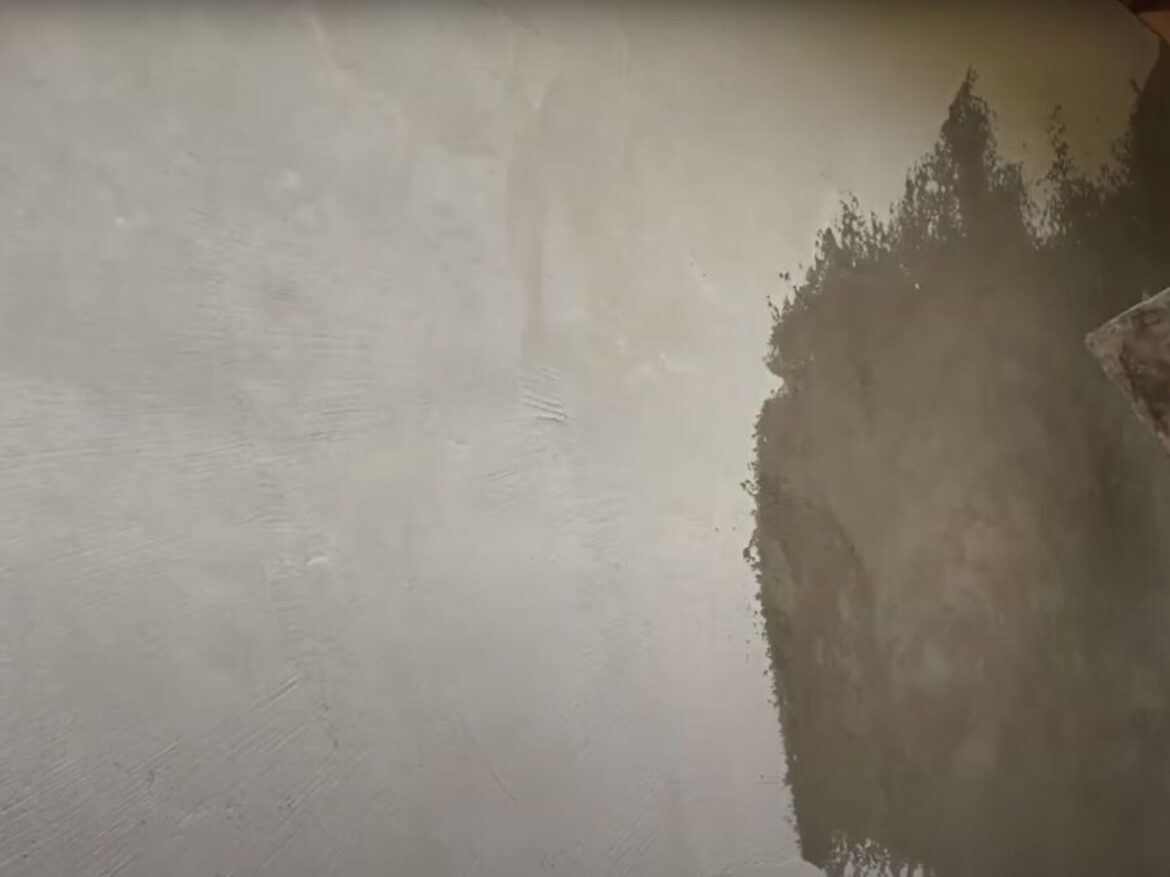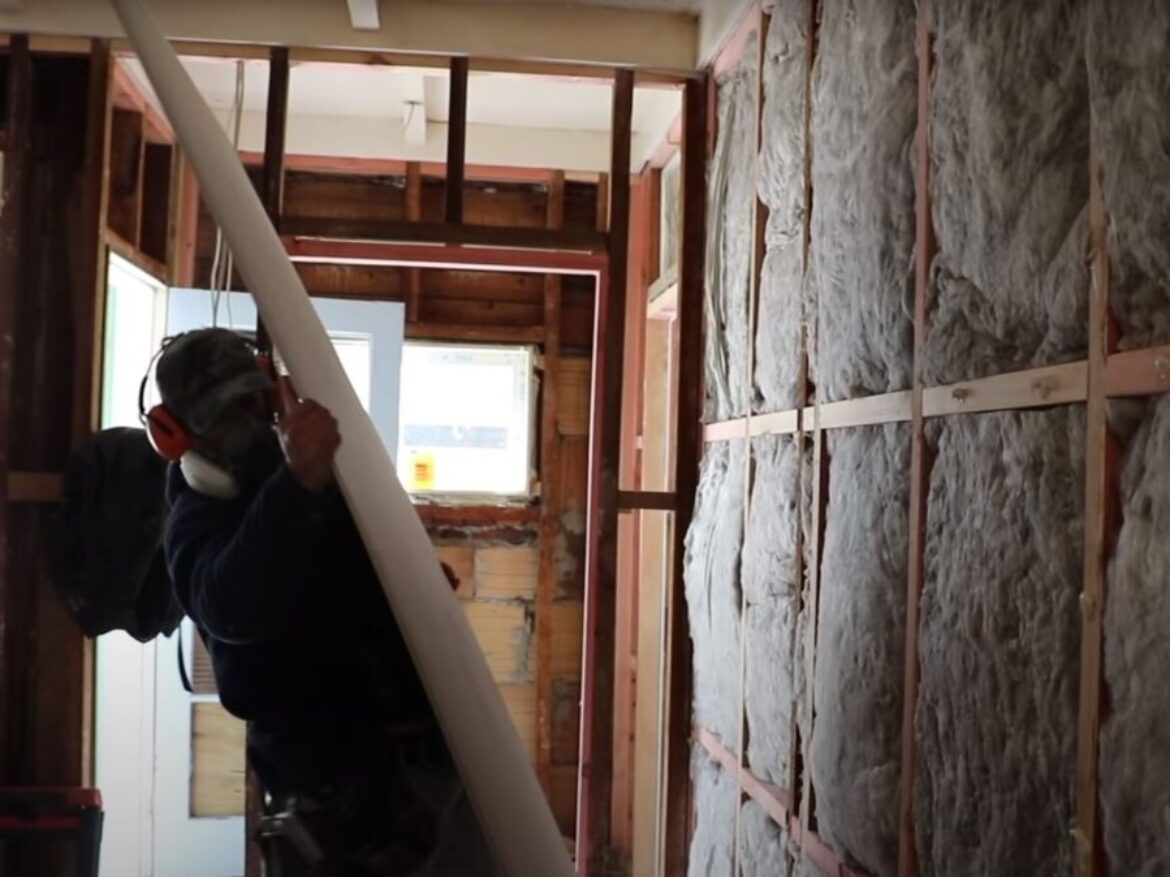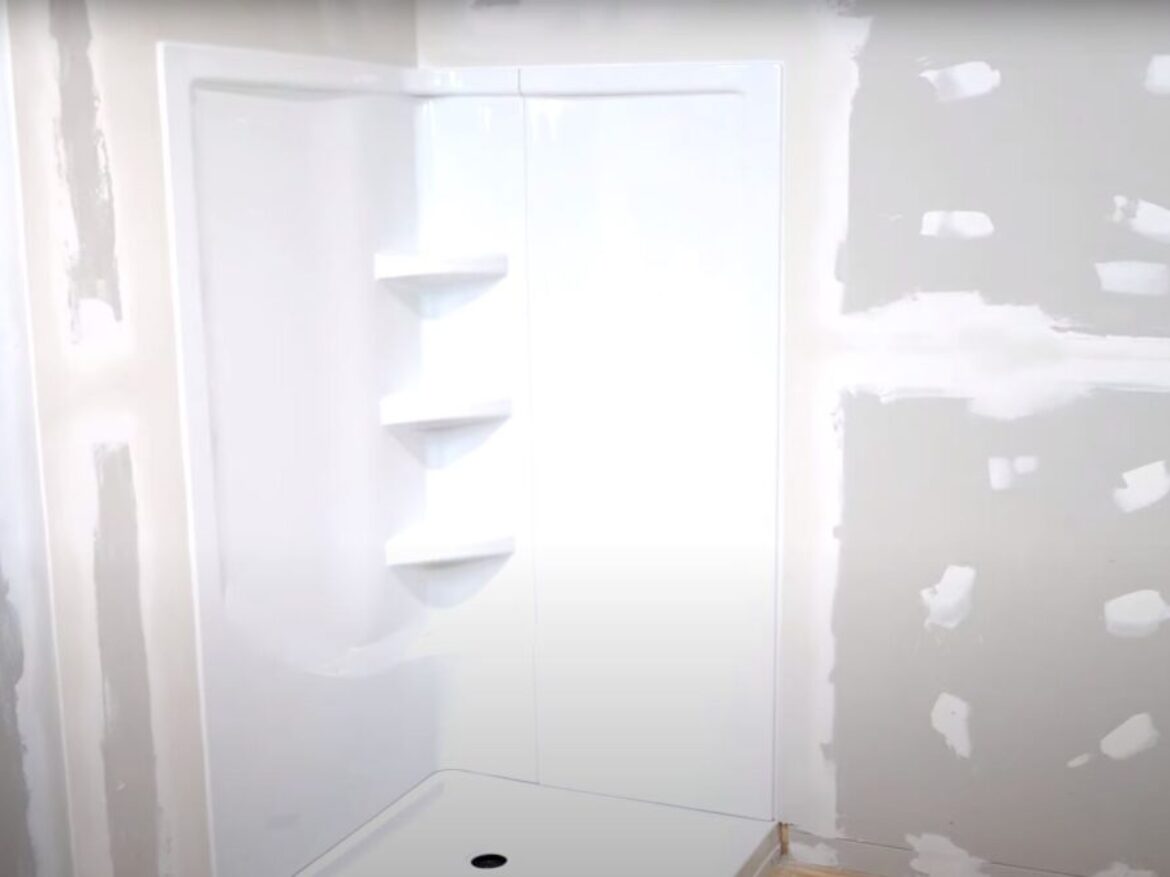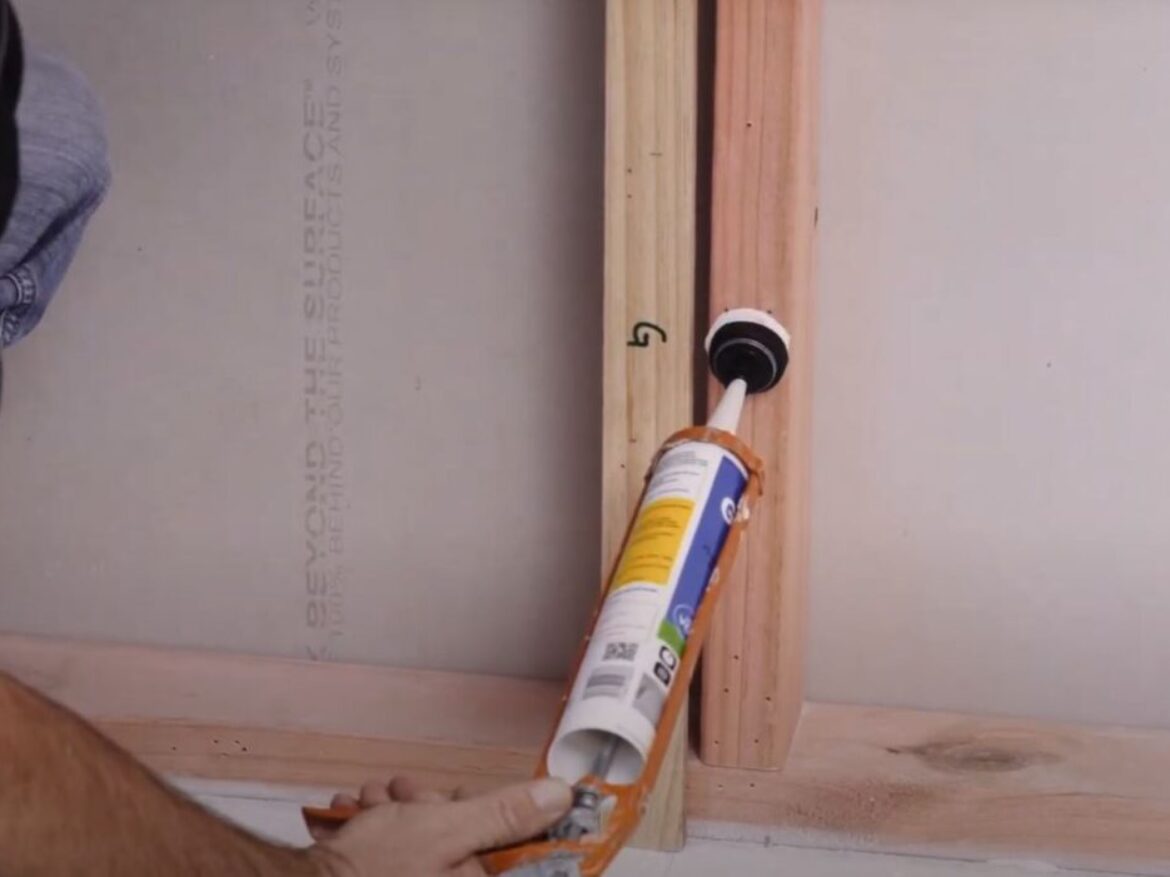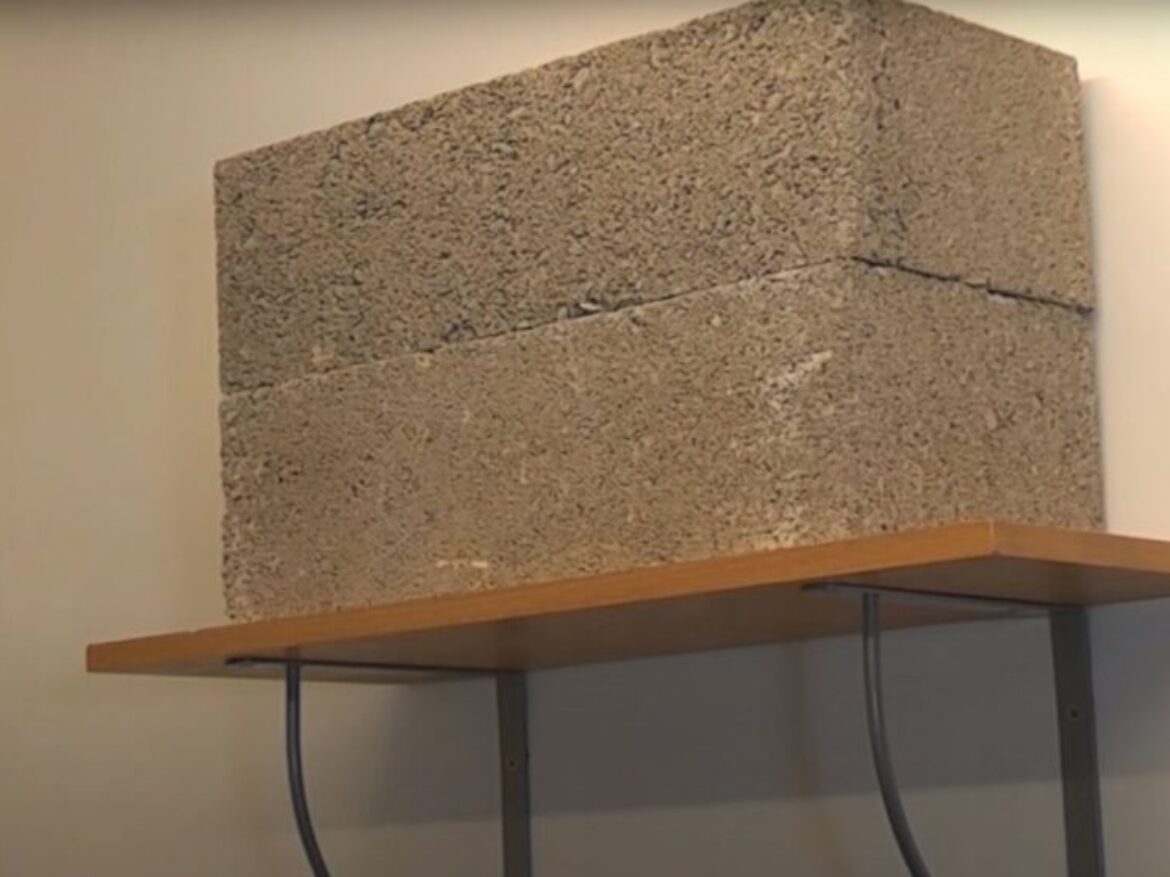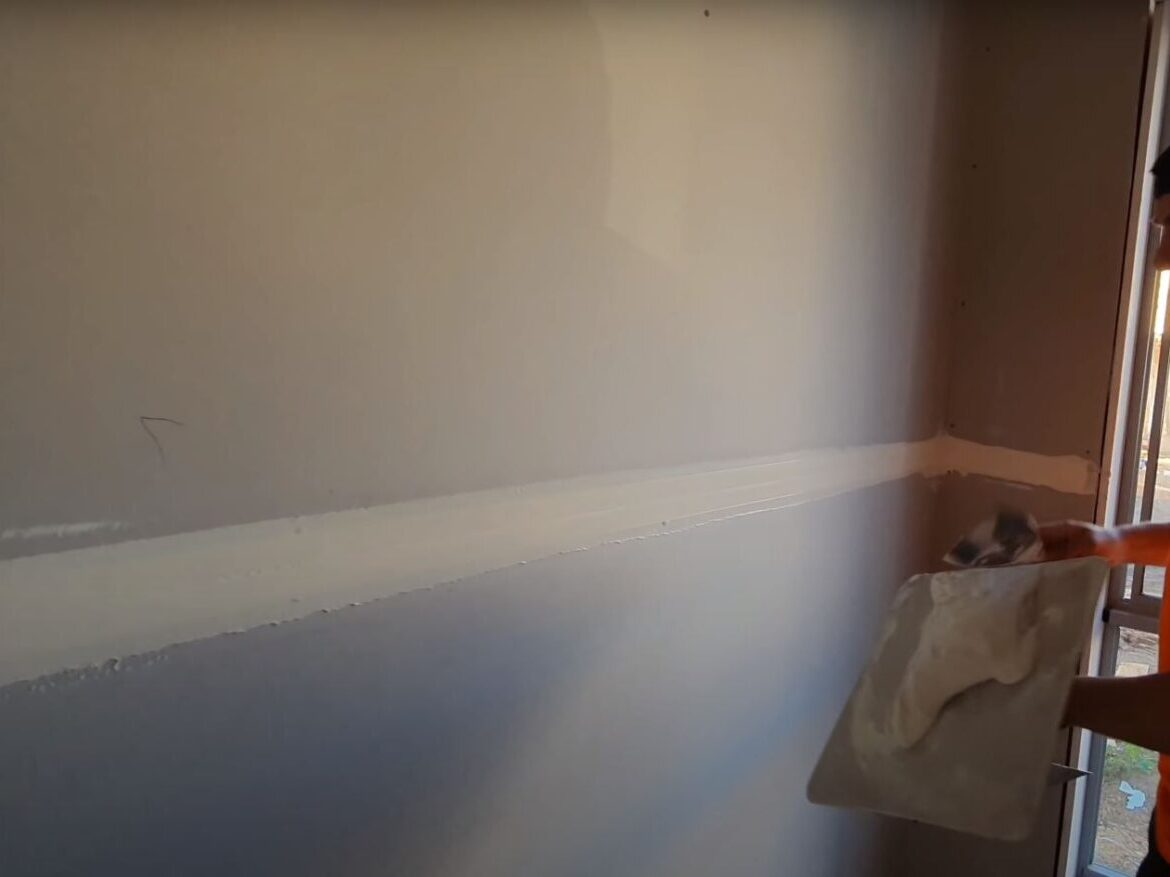Auckland’s Interior and Exterior Plasterers
Expert Plastering Services in Auckland and the surrounding regions
Our professional plasterers provide reliable, efficient, and flawless finishes.
Speak to Us for a Quote Today. Call 0800 236840
Bespoke Plastering Services
As leading plasterers Auckland homes and businesses can rest assured that we take care of the toughest challenges across construction projects with high quality finishes.
We Provide Expert Plastering
You talk to us today about all your plastering interior and exterior requirements.
Solid Plastering services also provided.
Experienced Gib Stopping and Gib Fixing Contractors
Our Auckland plastering contractors are among the city’s top suppliers of premium grade stop and fix services.
Gib Fixers Auckland wide. As well as Gib Stopping Auckland services.
Auckland’s Trusted Plasterers
When you need a certified and experienced plasterer in Auckland, we are the ones to call! Our skilled contractors can tackle any plastering job from skimming walls to gib stopping and cornices. As Auckland plasterers, we can take on any sized project, always delivering on our promise of outstanding workmanship.
Your Plasterers Auckland are a professional team known for high standards of workmanship.
We deliver prompt solutions for residential and commercial customers in Auckland and the surrounding regions, including gib stopping North Shore and exterior plastering East Auckland services.
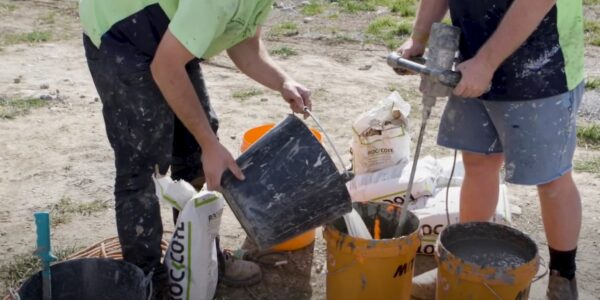
Service
Exterior Plastering
The exterior of your property is an important contributor of value and overall appeal. To ensure imperfections are correctly repaired or renovated walls and ceilings smoothed and primed, you need our expert team of exterior plasterers on your side.
Gib Fixing
Are you looking for gib fixing and stopping services across Auckland? Your Plasterers Auckland is the best provider of gib fixers for smooth, resilient, and lasting finishes.
Gib Stopping
To ensure your plasterboard is properly installed, we implement gib fixing and stopping. It is important to hire the services of a professional and trusted company who specializes in comprehensive plastering solutions.
Interior Plastering
No matter the scale of your plastering project, we possess the experience and the skill to complete it efficiently and affordably.
Plaster Board Fixing
Plaster board is available in a variety of product types. From insulation against noise to waterproofing and fire resistance, speak to us to determine which material best suits your property needs.
Plaster Repairs
If your plaster board cracking or holes along the walls taking away from the value and appeal of your property? Now is the time to call Your Plasterers Auckland for affordable and lasting fixtures.
We ensure our guys always have the right tools and materials to get the job done on schedule.
Safety is of utmost concern for our Auckland plastering contractors
Our onsite assessments of your plastering job are always thorough, ensuring our plans are accurate to your project schedule.
Our Plastering and Gib Contractors Service all of Auckland
Everyone’s safety is prioritised on every jobsite site every time.
We always keep our clients at the fore of all we do. We can’t wait to start plastering.
Why Your Plasterers Auckland?
Your Plasterers Auckland’s clients are assured of expert services that are efficient and affordable. Not only do we believe in getting the job done right the first time. Our contractors are experienced with a range of plastering techniques. Whether you need patchwork repair or more extensive remodel services, we are here to help. Along with our repair and restoration, we also offer plasterboard installation solutions.
Our craftsmanship in the industry is simply the best! If you need a wall repaired or entire exteriors smoothed and fixed, Your Plasterers Auckland is here to deliver the premium standard in plastering that you can always depend on.
The Smart Plasterers Who Get the Job Done
If you are undertaking a renovation, a new build, or wish to upgrade your property’s interior or exterior, speak to us first for competitive quotes and unbeatable value.
You can give us a call on 0800 236840 or you can send us a direct mail. We will have a professional plasterer come out to your property to assess your job and provide a quote.
How Much Does A Plasterer Cost NZ?
It usually ranges between $35 to $55 per square metre. Additional plastering costs which you may need to consider: Removal...
Read moreIs Plastering A Good Career?
Plastering can be physically demanding work, so a level of physical fitness is important. It is a very versatile job...
Read moreWhat Does Plastering Mean?
Plaster is a building material used for the protective or decorative coating of walls and ceilings and for moulding and...
Read moreWhat is the Process of Plastering?
Plastering is the process of covering rough walls and uneven surfaces in the construction of houses and other structures with...
Read moreCan I Plaster a Room Myself?
Anyone can plaster a wall (really, anyone), but you need to follow a formula. You can’t just pick up a...
Read moreCan you Plaster over Paint?
Yes, you can plaster over paint, however, there are factors which should be considered first. … If the paint on...
Read moreCan you Plaster over Old Plaster?
If you want your plasterer to apply a fresh skim coat to old plaster walls, you will need to prepare...
Read moreWhat is Wall plastering?
Plasterwork is construction or ornamentation done with plaster, such as a layer of plaster on an interior or exterior wall...
Read moreHow Do you Know if Plastering is Good?
A good plastering job is done while keeping in mind that the final product is smooth to touch and clean-looking....
Read moreWhy Plastering is Required?
The purpose of plastering is to decorate the structures of the walls. Plastering of external walls refers to the process...
Read moreWhy is Plaster used for Walls?
Plaster is a building material used for coating, protecting and decorating internal walls and ceilings. It can also be used...
Read moreHow Do you Fix Bad Plastering?
Just smooth a small amount directly onto the crack, allow it to dry and then sand down before painting or...
Read moreWhy Do Plaster Ceilings Crack?
In older homes with plaster ceilings, movement and moisture may create cracks. … Typically, plaster ceiling cracks have two causes:...
Read moreWhat’s Better Plaster or Drywall?
Plaster is more sound-proof, but drywall usually means better insulation. A dense material, plaster blocks sound transmission much better than...
Read moreHow Long Does it Take to Plaster a Room?
Time wise, it should take anything from 6-12 hours for the small ceiling, 8-12 hours for the medium sized ceiling...
Read moreWhat Happens if you Paint Plaster Too Soon?
Painting plaster before it’s fully dry can cause the paint to peel, giving you endless problems, but some bare plaster...
Read moreIs Plaster Water Resistant?
It is also a very strong material, and even without paint, it can withstand extreme outside conditions. Plaster used on...
Read moreWhy do I get bubbles in my plaster?
Uneven drying – uneven drying, or a lack of ‘curing’ time for your plaster or stucco wall can also contribute...
Read moreHow much plastering can be done in a day?
1) Plastering with any mortar 12mm (5”) thick – 3 masons, 3 mazdoors and 1 bhisti can plaster 40sqm (400a...
Read moreWhat do you put on walls before plastering?
The correct mix for pva for plastering is 1 part pva to 5 parts water, and really only used to...
Read moreHow thick should plaster be on walls?
You should aim for a thickness of around 1–2mm. The plaster you have mixed should last around 40 minutes before...
Read moreCan I plaster without PVA?
However, where the plaster is in good condition, it should not require pva. There is a product called bonding coat...
Read moreWhy is my plaster cracking?
Cracks in plaster walls are generally caused as a result of settlement, vibration or atmospheric conditions, but some may due...
Read moreDoes plaster crack in cold weather?
Why do cracks occur on walls? Here are a few common reasons: Contraction and expansion: The materials (paint, plaster) that...
Read moreHow do you use a plaster key?
Where gypsum based plaster is used, apply the Plasterkey to the prepared surface and plaster straight onto the wet Plasterkey...
Read moreDo I need to PVA wall before plastering?
PVA for Bonding Adding a coat of the glue to your wall surface just before you start plastering helps to...
Read moreHow soon can you plaster over bonding?
KIAB Super Member. Bonding about 2-3 hours, but some do leave it to following day before skimming depends on size...
Read moreWhy is my plaster drying so quickly?
Check the suction of your wall. High suction porous backgrounds can suck the moisture from the plaster meaning it dries...
Read moreWhich cement is used for plastering?
There are three main Cement Grades from which you can choose. These are Ordinary Portland Cement (OPC), Portland Slag Cement...
Read moreDo you plaster ceiling or walls first?
If you’re working on ceilings and walls, always start with the ceiling, starting in the left corner. Run your trowel...
Read moreAre plasterers in demand?
It seems plasterers are the tradesmen in demand as more than half (57%) of respondents stated they have found plasterers...
Read moreHow long does it take to be a plasterer?
If you are looking to get qualified and carry out work in domestic properties, then the City & Guilds Plastering...
Read moreWhat type of plaster is used for walls?
Gypsum plaster can achieve a fine finish and is often used as a topcoat in plastering projects. It’s less prone...
Read moreWhy does my plaster go hard quickly?
Check the suction of your wall. 4. High suction porous backgrounds can suck the moisture from the plaster meaning it...
Read moreCan you plaster on top of plaster?
If you want your plasterer to apply a fresh skim coat to old plaster walls, you will need to prepare...
Read moreHow can you tell if plaster is dry?
You can tell when the plaster is dry by watching the colour change. When the plaster has a uniformed pale...
Read moreWhat kind of primer should I use on plaster walls?
What’s the best primer for plaster walls? Plaster walls are more vulnerable to moisture than drywall, and require high-quality primers....
Read moreWhat do plasterers use?
One of the key items in any plasterer’s arsenal is the trusty bucket trowel. This tool is commonly used to...
Read moreWhat are the three coats of plastering?
In the 3- coat plaster, the first coat is known as rendering coat second coat known as floating coat and...
Read moreIs plastering a physical job?
Plastering can be physically demanding work, so a level of physical fitness is important. It is a very versatile job...
Read moreIs crumbling plaster dangerous?
Asbestos plaster is most dangerous when it is damaged. Damaged asbestos plaster is known as “friable asbestos”, which means the...
Read moreHow is Wall plastering done?
Preparation of Surface for Plastering Keep all the mortar joints of wall rough, so as to give a good bonding...
Read moreDo I need to remove old plaster before plastering?
Any damaged and crumbling old plaster will need to come off the walls, before the brickwork beneath is cleaned off....
Read moreIs skimming the same as plastering?
Skimming is the name provided to a plastering method where a wall is plastered with a layer of thin coat....
Read moreDo plasterers need to be licensed NZ?
n New Zealand, plasterers do not require a specific license to practice their trade. However, they may need to meet...
Read moreHow do you keep a solid wall house warm?
Keeping a solid wall house warm during the colder winter months in Auckland can be achieved through various insulation and...
Read moreHow do you make plaster unbreakable?
To make plaster more resistant to breakage and increase its strength, professional plasterers in Auckland may use specific products and...
Read moreHow do you solid plaster a concrete wall?
To solid plaster a concrete wall, follow these general steps: Surface Preparation: Clean the concrete wall to remove any dirt,...
Read moreHow do you solid plaster a concrete wall? The tools used and the process.
To solid plaster a concrete wall in Auckland, you’ll need the following tools and materials: Tools: – Trowels: A...
Read moreHow long does solid plaster take to dry?
The drying time of solid plaster can vary depending on various factors such as temperature, humidity, thickness of the plaster,...
Read moreHow long does solid plaster take to dry?
The drying time for solid plaster in Auckland can vary depending on various factors such as weather conditions, thickness of...
Read moreHow thick should solid plaster be?
The thickness of solid plaster in Auckland can vary depending on a few factors. Generally, the minimum recommended thickness for...
Read moreHydraulic lime’s unique properties
Hydraulic lime is a type of lime that possesses unique properties that allow it to set and harden underwater. Here...
Read moreIs gypsum stronger than plaster?
In New Zealand, gypsum-based products are commonly used in the construction industry, including for plastering purposes. Gypsum is a mineral...
Read moreIs it cheaper to plasterboard or plaster?
In Auckland, plasterboard (drywall) is generally considered to be a more cost-effective option compared to solid plastering. Here’s why: Material...
Read moreIs plaster cheaper than drywall?
The cost comparison between plaster and drywall in Auckland can vary depending on factors such as project specifications, labor costs,...
Read moreIs plaster stronger than concrete?
Plaster and concrete are two different materials with distinct properties and purposes. Concrete is generally stronger and more rigid than...
Read moreIs plastering a hard trade in Auckland and why?
Plastering, like any other trade, can have its challenges, and the difficulty can vary depending on several factors. Here are...
Read moreIs stucco the same as plastering?
In New Zealand, the terms “stucco” and “plastering” are often used interchangeably to refer to the same process of applying...
Read morePrinces Wharf – plastering perfection
Nestled within the vibrant hub of Auckland’s Viaduct Harbour, Princes Wharf stands as a testament to architectural finesse. With its...
Read moreSilo Park – a creative repurposing of former cement silos
Silo Park, situated within the Viaduct Harbour precinct in Auckland, is an urban space that repurposes industrial silos into a...
Read moreSolid Plastering is an effective material for protecting your property from Auckland’s weather.
Solid plastering helps with weather protection in Auckland by creating a barrier between the building’s walls and the external environment....
Read moreSolid Plasters sound proofing qualities
Solid plastering can provide some degree of soundproofing, although its effectiveness may vary depending on factors such as the thickness...
Read moreSolid Plaster’s Thermal insulation properties
Solid plastering does provide some degree of thermal insulation, although its effectiveness may vary depending on factors such as the...
Read moreWhat are some suburbs in Auckland where mold tends to be a problem?
While mold can potentially be a problem in various suburbs of Auckland, there are a few areas where certain factors...
Read moreWhat are the disadvantages of plastering walls?
Plastering walls in Auckland suburbs can present some specific disadvantages and challenges. While these issues may not be limited to...
Read moreWhat are the disadvantages of solid wall construction?
While solid wall construction offers several advantages, it also has some potential disadvantages that should be considered in Auckland. Here...
Read moreWhat are the three types of plaster?
In Auckland, there are several types of plaster commonly used in construction. Here are three primary types of plaster, along...
Read moreWhat is a solid plaster?
In New Zealand, solid plaster refers to a traditional method of wall cladding and finishing that involves applying a thick...
Read moreWhat is exterior plaster called?
In Auckland, exterior plaster is commonly known as “solid plaster” or “render.” These terms are used to describe the process...
Read moreWhat is solid plaster made from?
In Auckland, solid plaster is typically made from a mixture of cement, sand, and sometimes lime. These ingredients are combined...
Read moreWhat is solid plastering in construction?
In New Zealand construction terminology, solid plastering refers to a traditional method of finishing exterior and sometimes interior surfaces of...
Read moreWhat is solid wall plastering?
In Auckland, solid wall plastering refers to the application of a thick layer of plaster directly onto the interior or...
Read moreWhat is stucco?
Stucco, also known as cement plaster or render, is a type of exterior finish commonly used in Auckland and many...
Read moreWhat is the difference between drywall and solid wall plastering?
Drywall and solid wall plastering are two different construction methods used for interior wall surfaces in Auckland. Here’s a comparison...
Read moreWhat is the difference between skimming and plastering?
Skimming and plastering are both techniques used in wall finishing, but they differ in their purpose and application. Here are...
Read moreWhat is the lifespan of plastering in Auckland?
The lifespan of plastering in Auckland can vary depending on several factors, including the quality of materials used, the installation...
Read moreWhat is the most durable plaster in New Zealand?
In New Zealand, the durability of plaster can be influenced by various factors, including the type of plaster used, the...
Read moreWhat is the role of solid plastering?
Solid plastering plays a significant role in Auckland’s construction industry. You will find plenty of examples throughout the Auckland region,...
Read moreWhat is the strongest type of plaster in New Zealand?
In New Zealand, the strongest type of plaster commonly used is cement-based plaster, also known as cement render or cementitious...
Read moreWhat is the strongest type of plaster?
In Auckland, one of the strongest types of plaster commonly used is cement-based plaster. Cement plaster, also known as stucco...
Read moreWhat is the strongest wall plaster?
In New Zealand, the term “wall plaster” typically refers to the interior surface finish applied to walls. The strength of...
Read moreWhat kinds of additives are used in solid plaster and why?
In Auckland, various additives can be incorporated into solid plaster to enhance certain properties or address specific requirements. Here are...
Read moreWhat kinds of Textured Paints are used for plastering in Auckland?
In plastering applications, various types of textured paints can be used to add visual interest and create different surface finishes....
Read moreWhat makes Gypsum plaster fire resistant?
Gypsum plaster is inherently fire resistant due to the unique properties of gypsum, the main component of the plaster. Gypsum...
Read moreWhat type of Textured Coatings are used in Auckland?
In Auckland, various types of textured coatings are used for both residential and commercial applications. These coatings add visual interest...
Read moreWhat types of finishing coats are used for plastering in Auckland?
In Auckland, various types of finishing coats can be used for plastering to achieve different textures and appearances. Here are...
Read moreWhich is better gypsum plaster or cement plaster?
Both gypsum plaster and cement plaster have their advantages and considerations when it comes to New Zealand, including Auckland, conditions....
Read moreWhat material is like plaster but stronger?
In New Zealand, one material that is often considered stronger than traditional plaster is fiber cement board. Fiber cement board...
Read moreAre plasterers in high demand in Auckland?
Construction-related trades, including plastering, have been in demand in New Zealand due to the country’s ongoing infrastructure projects, housing construction,...
Read moreAuckland has many examples of quality plastering
Auckland is home to numerous construction projects where high-quality plastering work can be found. Here are a few notable projects...
Read moreAuckland’s Viaduct Harbour has plenty of fine examples of expert plastering.
The Viaduct Harbour in Auckland is a vibrant waterfront precinct that has undergone significant development and revitalization in recent years....
Read moreCan I use plaster outside in Auckland?
Yes, plaster can be used outside in Auckland. However, it is important to consider certain factors and take appropriate measures...
Read moreCan mold grow on plaster?
Certainly! Mold can indeed grow on plaster surfaces in Auckland, particularly when the conditions are favorable for its development. Plaster,...
Read moreCan you skim over sand and cement?
Yes, it is possible to skim over a sand and cement base. Skimming refers to the process of applying a...
Read moreDid plaster have asbestos in it in Auckland?
Yes, historically, certain types of plaster used in construction, specifically those manufactured before the late 1980s, may contain asbestos. Asbestos...
Read moreWhat is solid wall plastering?
Solid wall plastering refers to the application of a thick layer of plaster directly onto the interior or exterior walls...
Read moreAuckland’s Viaduct Harbour Has Plenty of Fine Examples of Expert Plastering
The Viaduct Harbour in Auckland is a vibrant waterfront precinct that has undergone significant development and revitalization in recent years....
Read moreAre Plasterers in High Demand in Auckland?
Plastering services are essential components of both new construction projects and renovations. Over the past few years, Auckland has...
Read moreHow Do You Solid Plaster a Concrete Wall in Auckland?
To solid plaster a concrete wall, follow these general steps: Surface Preparation: Clean the concrete wall to remove any...
Read moreCan Mold Grow On Plaster?
Can mold grow on plaster? Certainly! Mold can indeed grow on plaster surfaces in Auckland, particularly when the conditions...
Read moreCan I use plaster outside in Auckland? Insights into Exterior Plastering
Grasping the Basics of Exterior Plastering In the world of home renovations, exterior plastering sits front and centre for...
Read moreAre Plasterers in High Demand in Auckland?
Plastering services are essential components of both new construction projects and renovations. Over the past few years, Auckland has experienced...
Read moreWhat Are Some Examples of Quality Plastering in Auckland?
Understanding Plastering in Construction Plastering is a critical aspect of construction that adds both aesthetics and functionality to a structure....
Read moreCan I Use Plaster Outside in Auckland? Insights Into Exterior Plastering
Grasping the Basics of Exterior Plastering In the world of home renovations, exterior plastering sits front and centre for...
Read moreIs Plaster Stronger Than Concrete? Understanding the Key Differences
Materials in Comparison: Plaster vs. Concrete Plaster and concrete are two materials that are commonly utilized in the construction industry,...
Read moreCan Mold Grow on Plaster? Insight from Auckland’s Plastering Pros
Mold Growth and Plaster Explained One of many key questions for Aucklander homeowners is, “Can mold grow on plaster?” In...
Read moreWhy is Plastering So Expensive in Auckland? The Breakdown of Costs and Considerations
Skilled Labour Requirements: The Artistry Behind Plastering Behind every beautifully plastered wall or ceiling in Auckland is the talent, dedication,...
Read moreHow Long Does It Take for GIB Plaster to Dry? Decoding the Plastering Process
The Science of Plastering: What Goes Behind Those Smooth Walls When you decide to plaster a wall in your Ponsonby...
Read moreCan You Plaster a Wall Without Plasterboard? Understanding Plastering in Auckland
Plastering without plasterboard might sound daunting, it's a viable option with its own set of advantages. Depending on the aesthetic...
Read moreWhat Kind of Plaster Do You Use for Outdoor Walls?
Different Types of Outdoor Plasters Outdoor plastering is an art and science combined. It’s not just about giving the wall...
Read moreWhat are the Thermal Benefits of Stucco? Unpacking the Insulating Power of Plaster
The Science Behind Stucco Stucco, a durable plaster, has roots that can be traced back centuries, being used in everything...
Read moreCan Stucco Be Painted or Tinted?
The Basics of Stucco Stucco, often used as an exterior finish, is a blend of cement, sand, lime, and...
Read moreIs GIB Board Flammable?
Unravelling Gib Board: The Science Behind Its Flammability What’s Behind the Wall? The Basics of Gib Board Gib board,...
Read moreCan You Paint Straight Onto GIB?
Delve into the intricacies of painting directly onto GIB, understanding the science, risks, and best practices, especially tailored for Auckland's...
Read moreWhat are the Different Types of Gib?
The Gib Spectrum: Navigating Your Options in Auckland Understanding the Gib Landscape If you’re embarking on a...
Read moreCan I Fix Cracks in My Stucco Before Painting or Tinting?
Cracking the Code on Stucco Repairs Before Painting Understanding Stucco and Its Vulnerabilities Stucco, primarily a blend of cement,...
Read moreIs Plasterboard Dust Harmful to Inhale?
Understanding Plasterboard Dust Exposure The Composition of Plasterboard Commonly known in the construction world as “gib board”, plasterboard is...
Read moreIs Gib Board Waterproof?
Explore the intricacies of Gib board, understanding its types, waterproofing capabilities, and essential considerations for optimal use in Auckland...
Read moreDo You Have to Glue GIB?
GIB Installation: To Glue or Not to Glue The Basics of GIB Board Installation GIB, commonly known as plasterboard...
Read moreHow Much Weight Can GIB Board Hold?
GIB Board: Deciphering Its Weight Capacity A Material Trusted Throughout Auckland GIB board, widely recognized in the construction realm,...
Read moreDoes Plasterboard Need Sealing Before Skimming?
Sealing Plasterboard: A Vital Step Before Skimming Understanding Plasterboard Composition Plasterboard, often termed “gib board” locally, is typically made...
Read more

